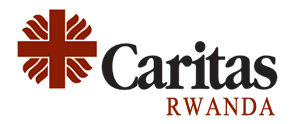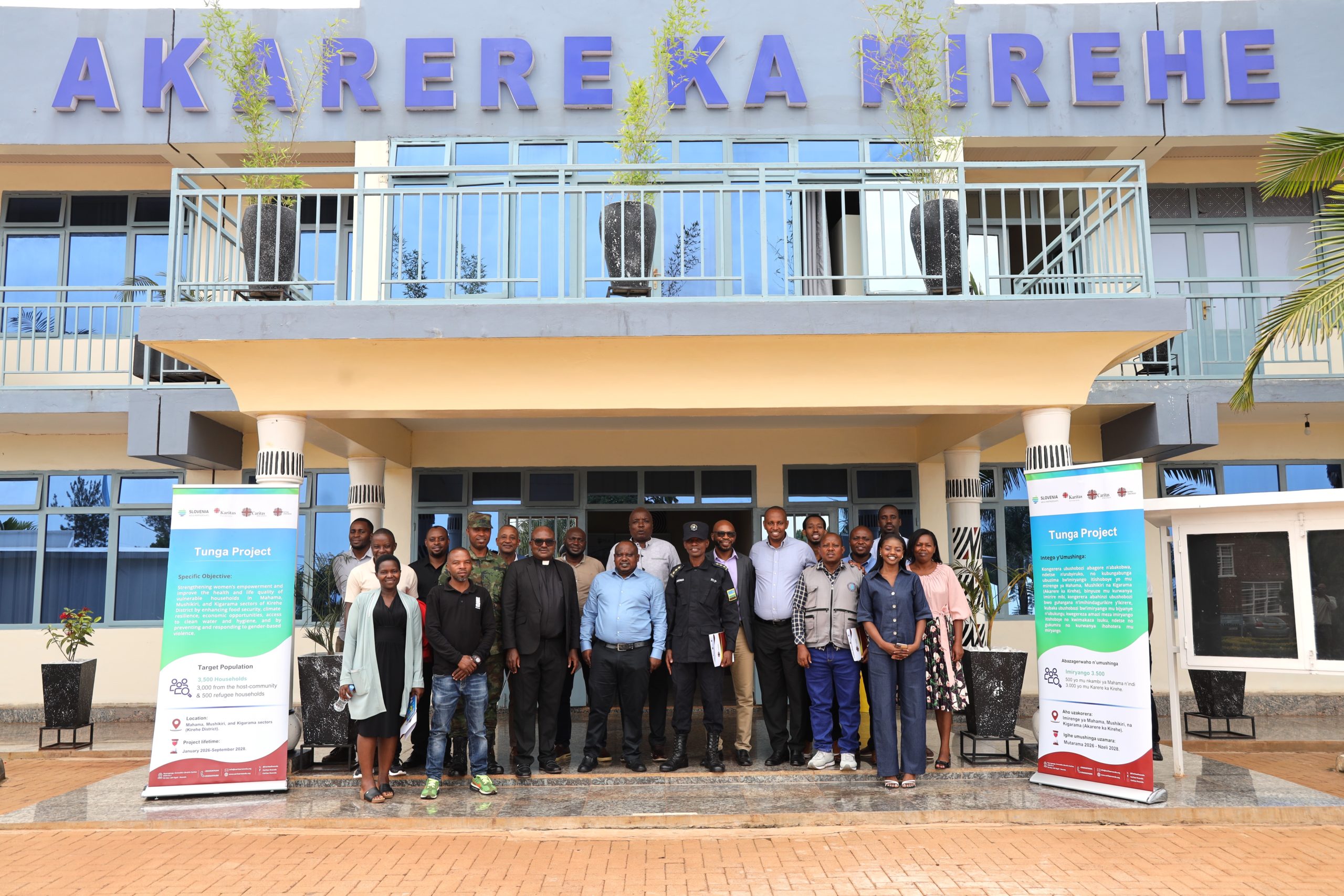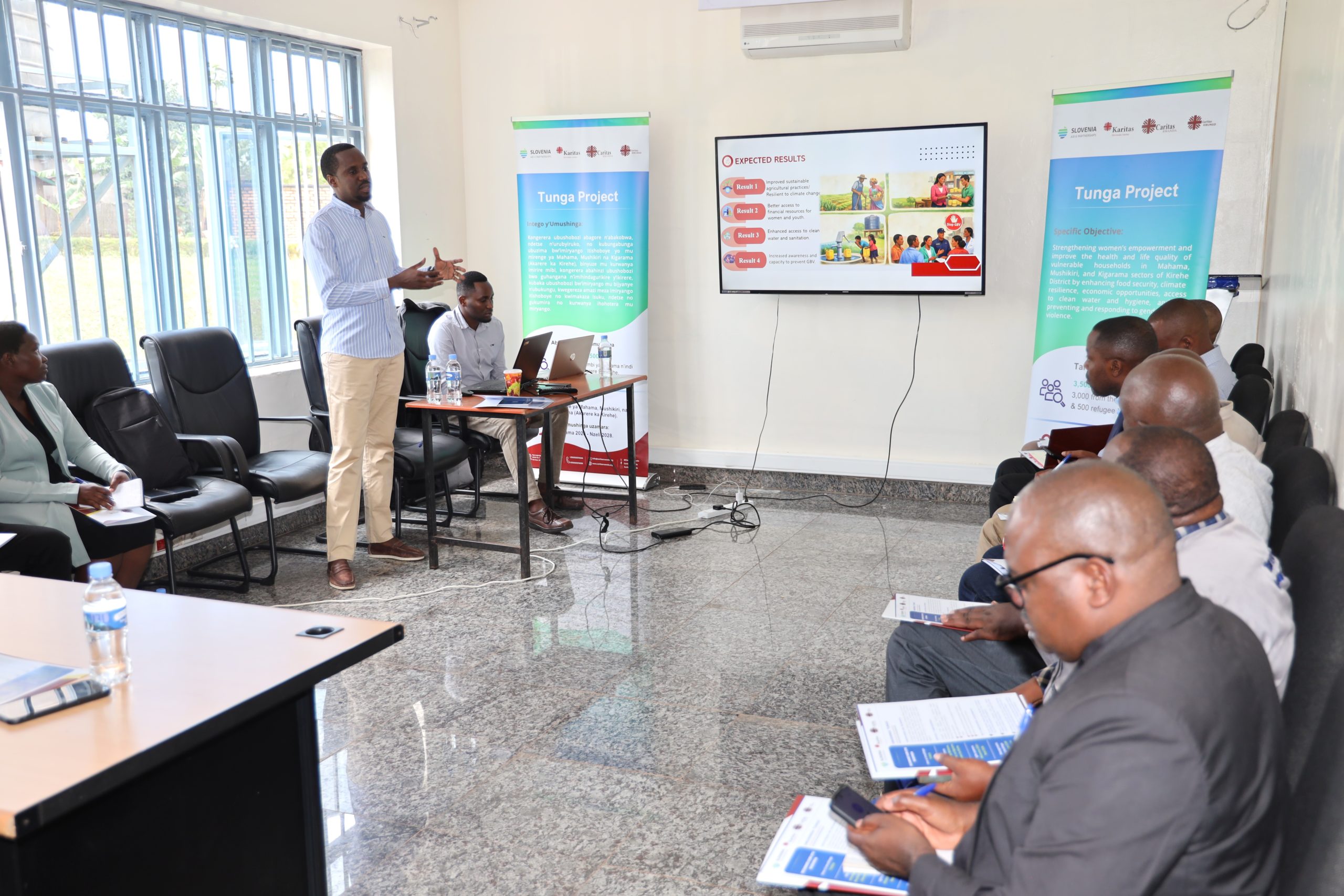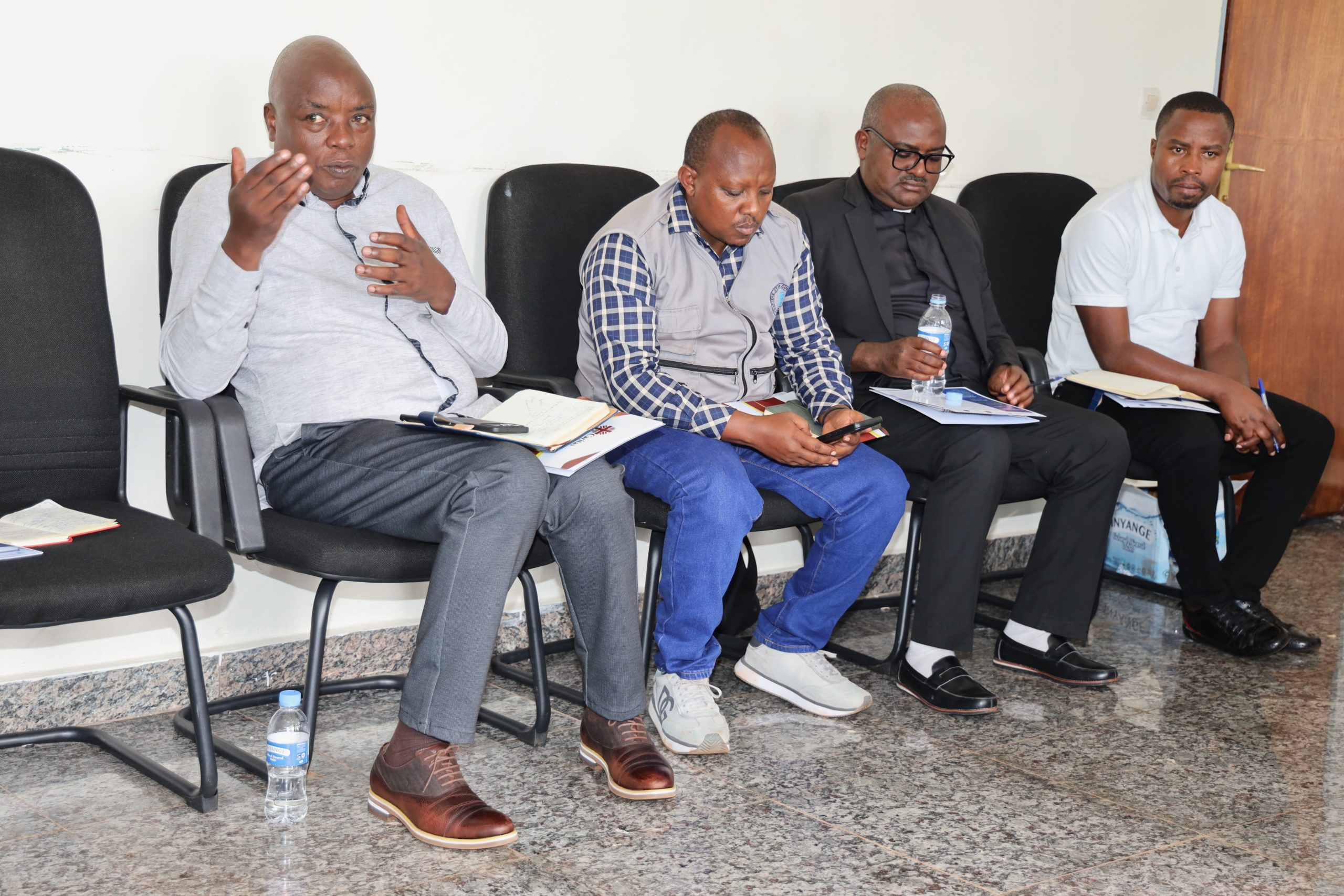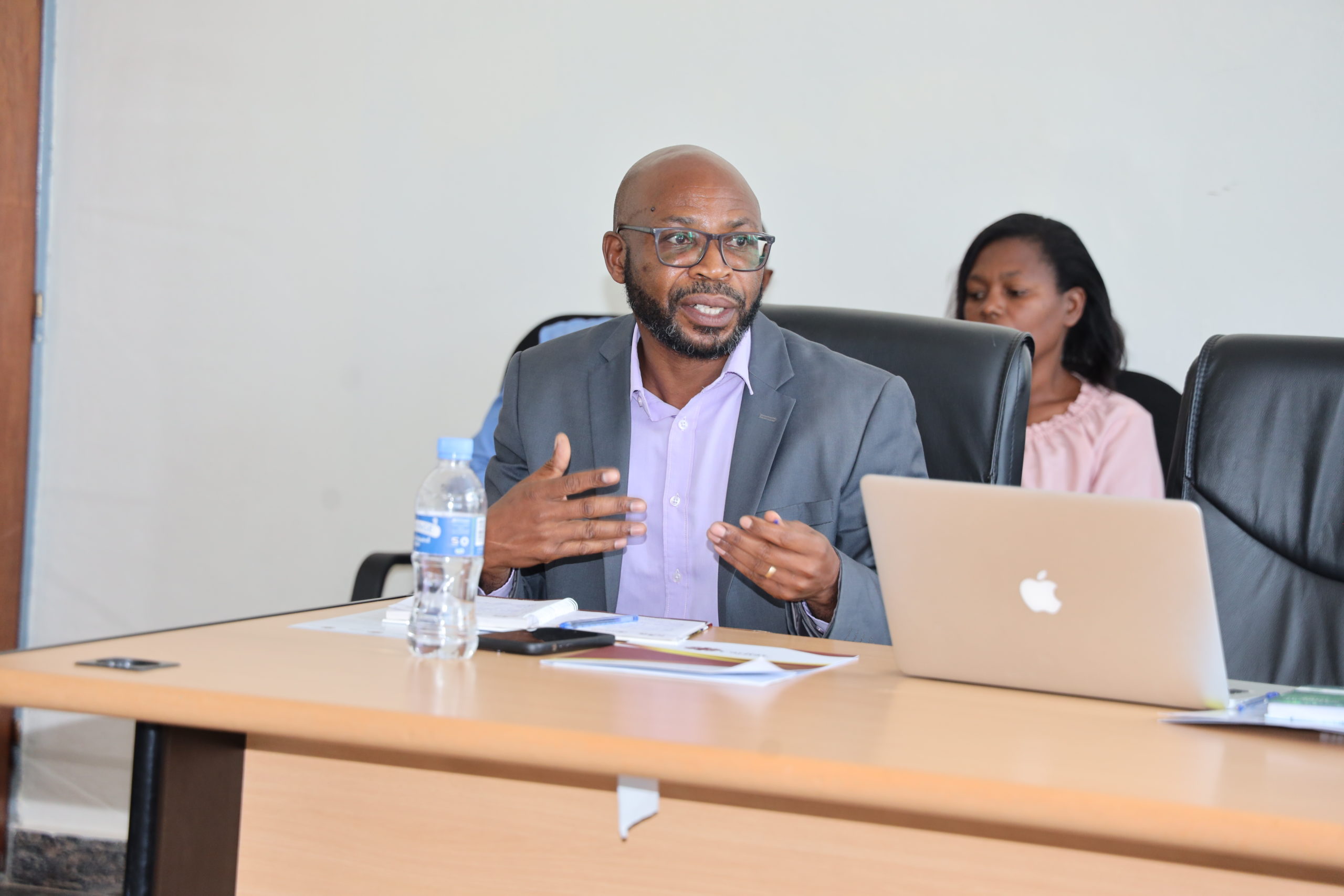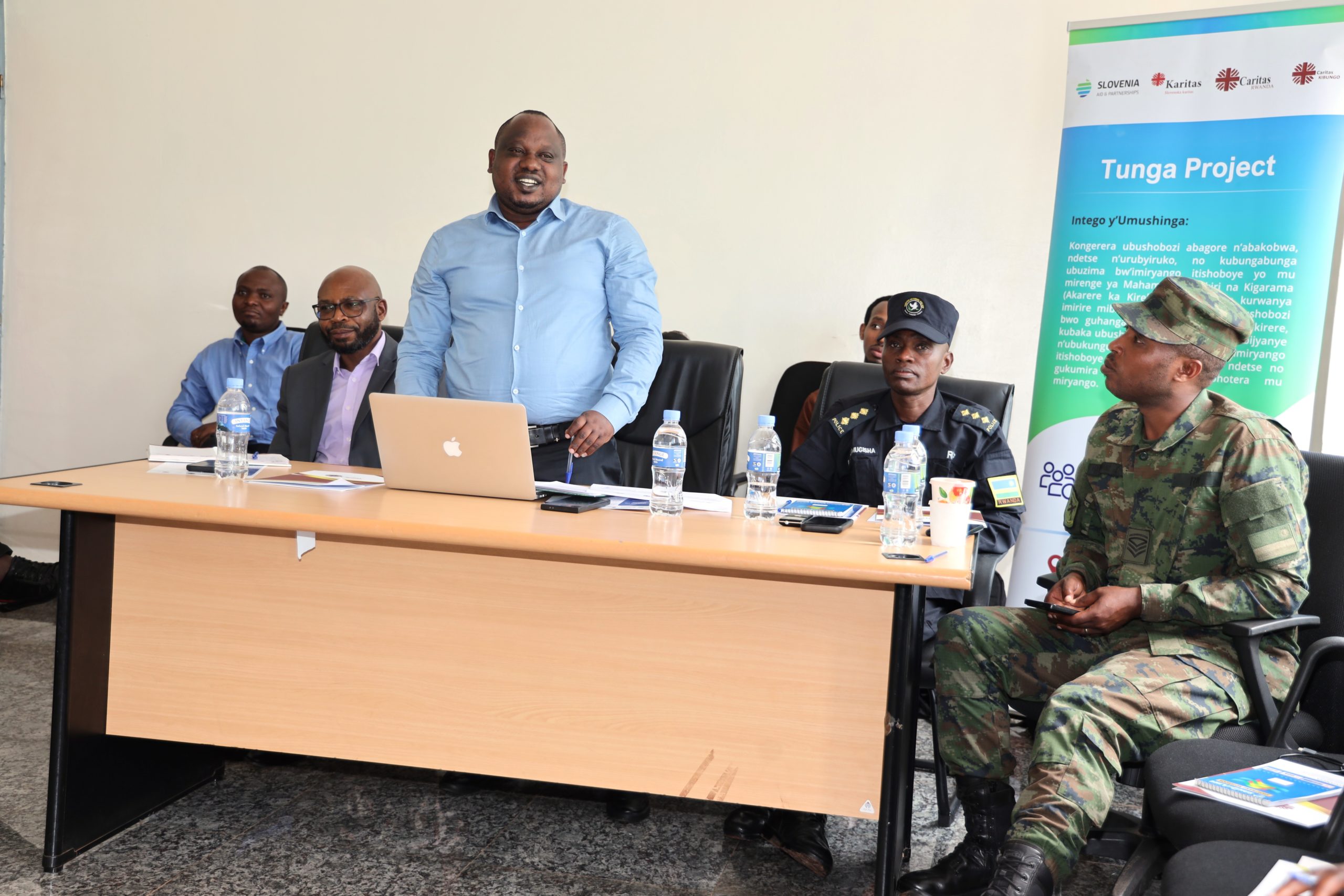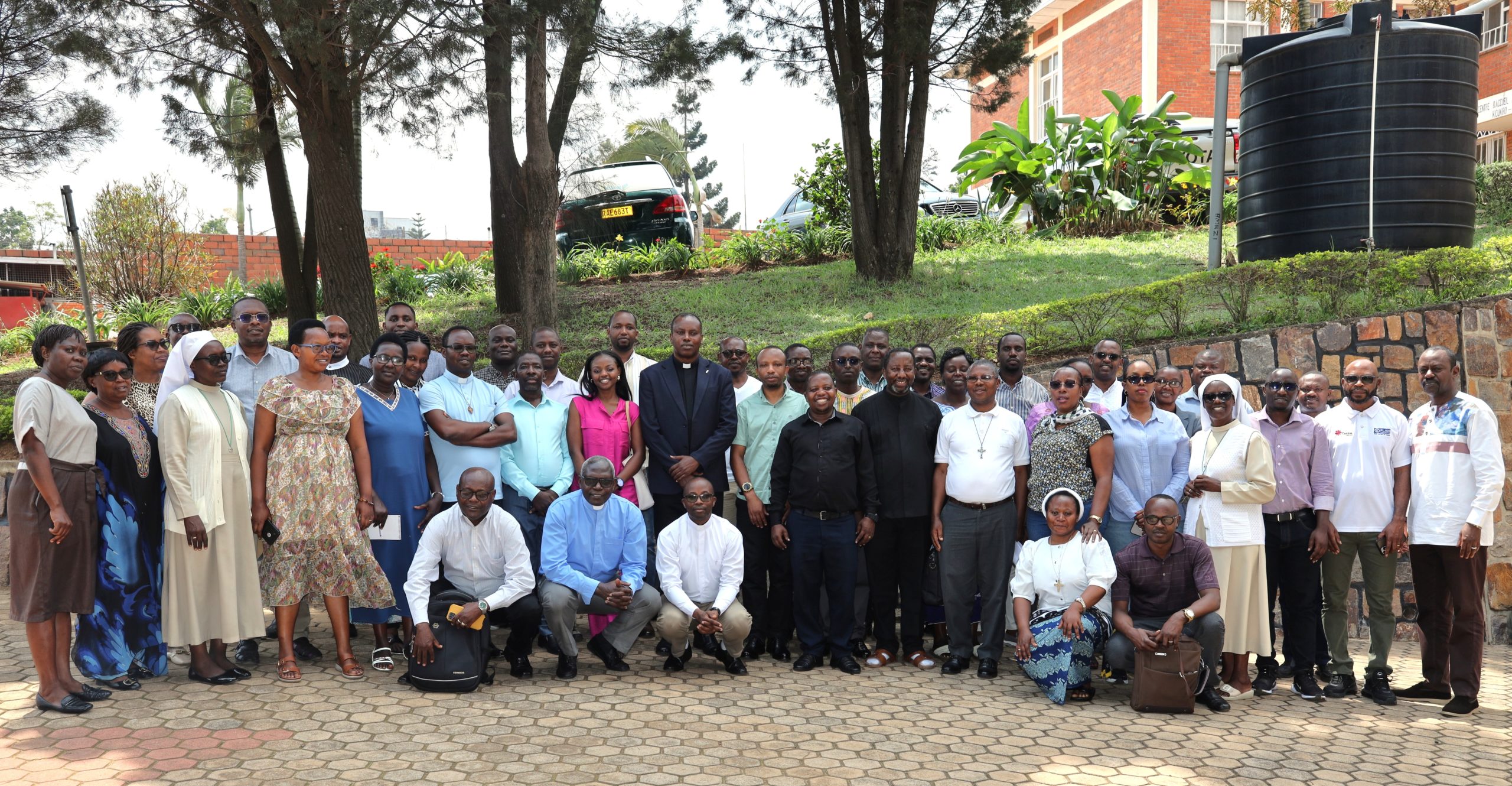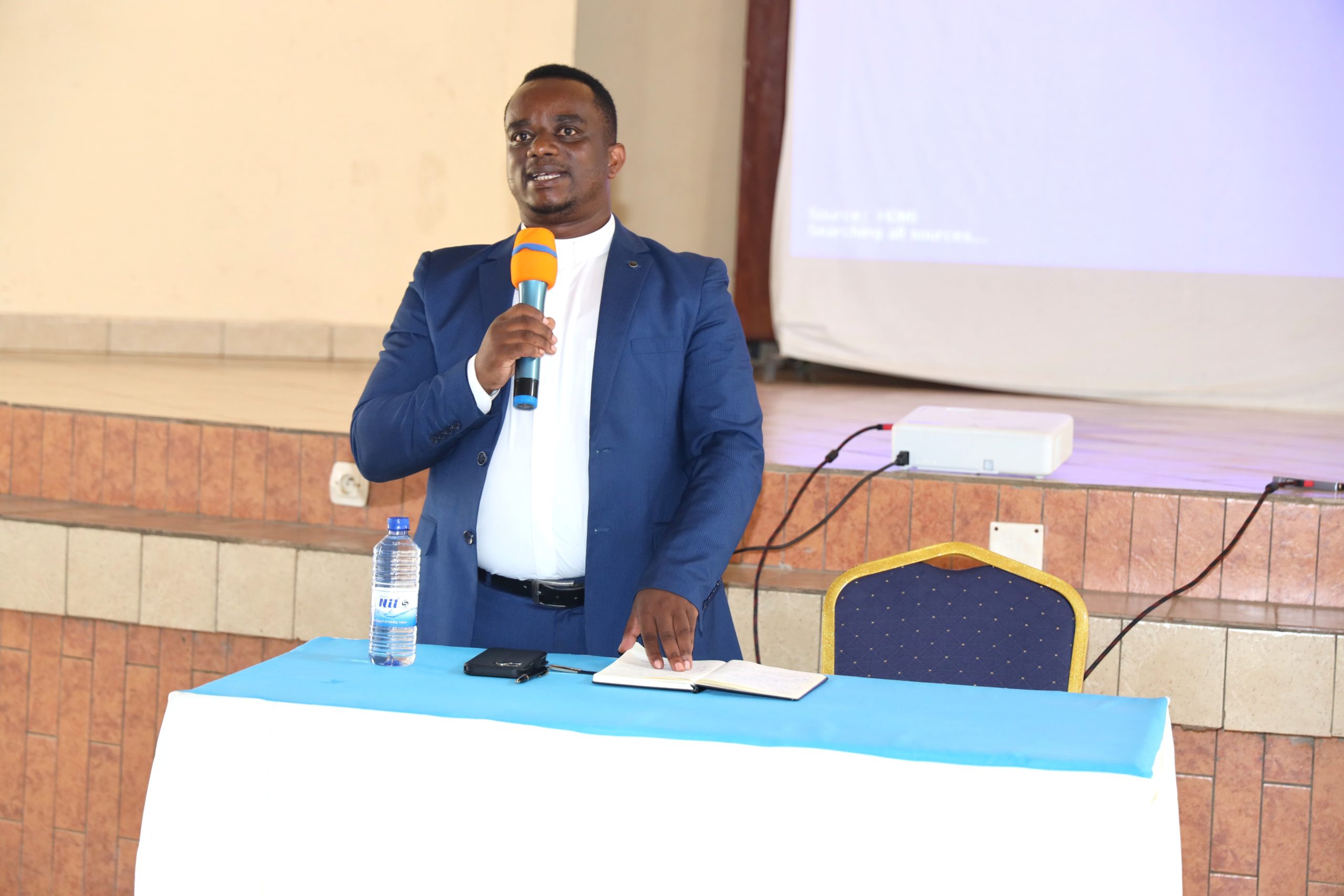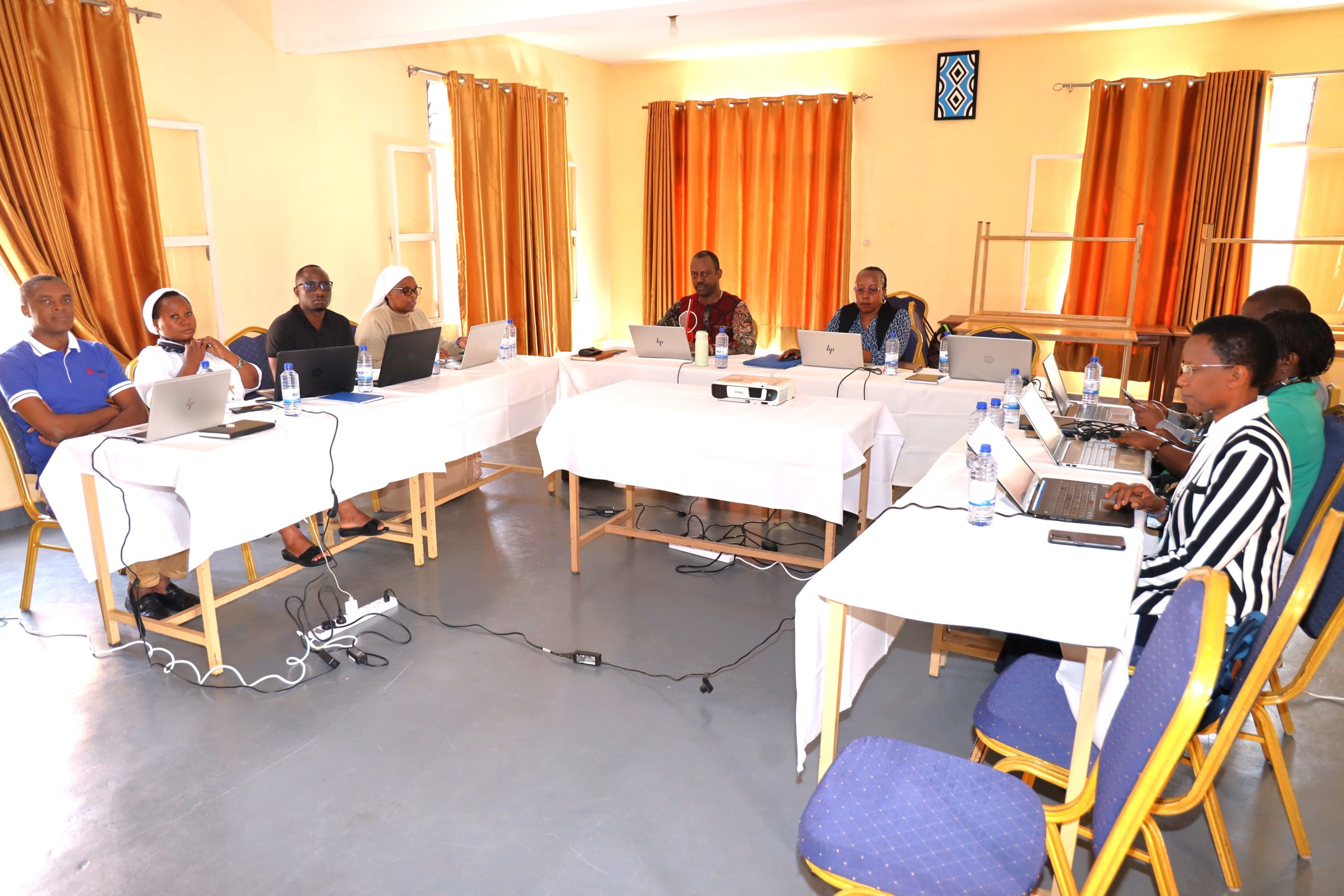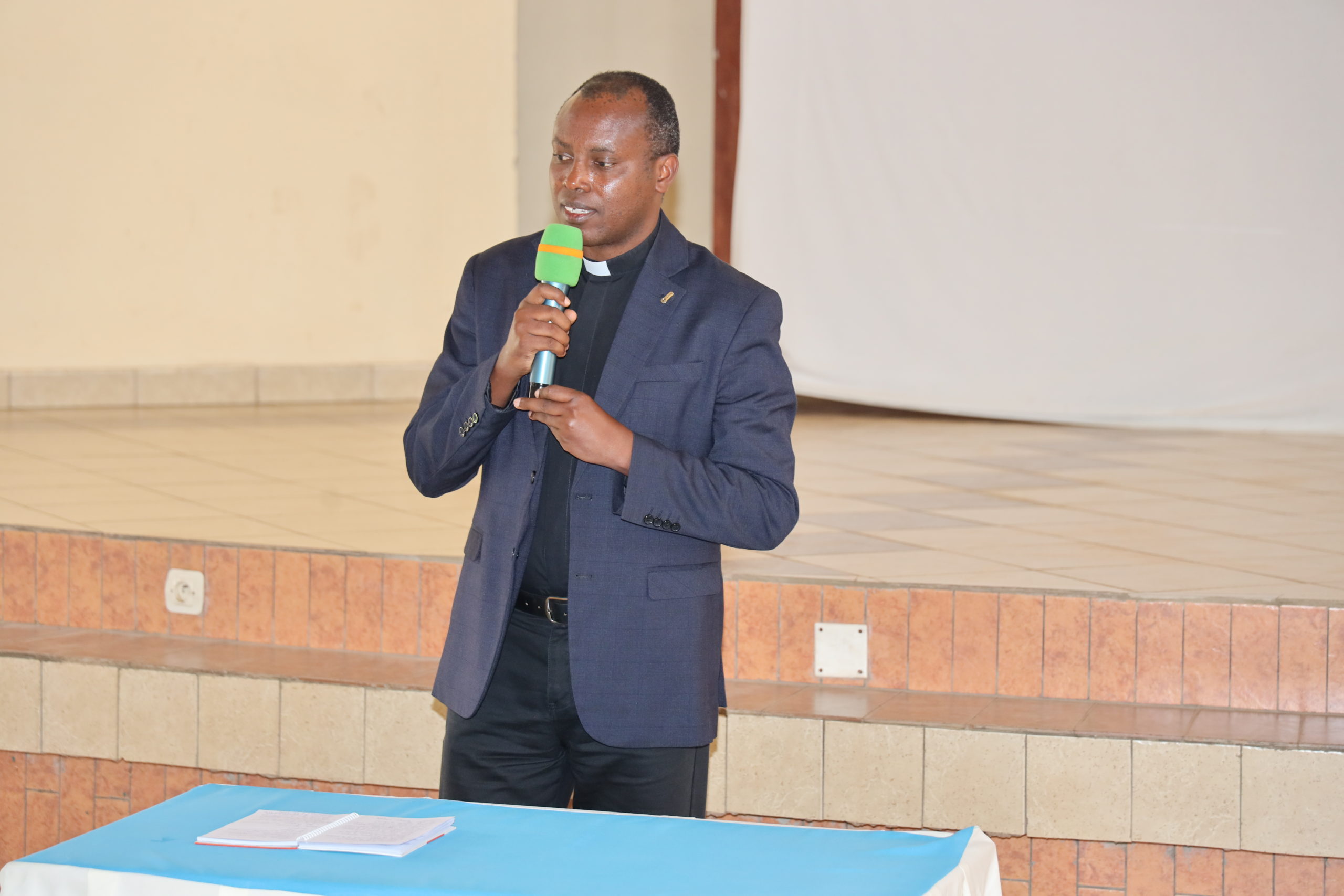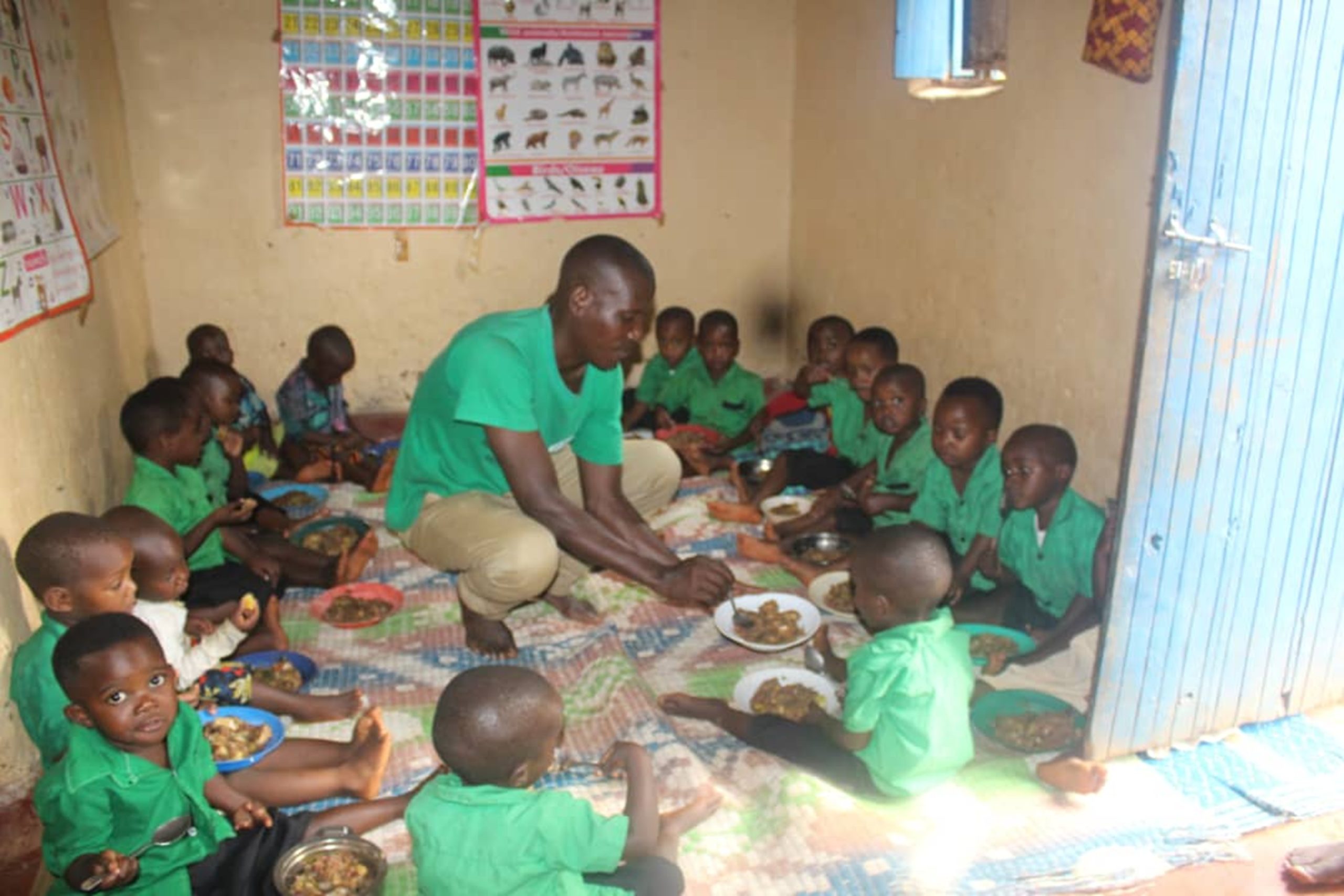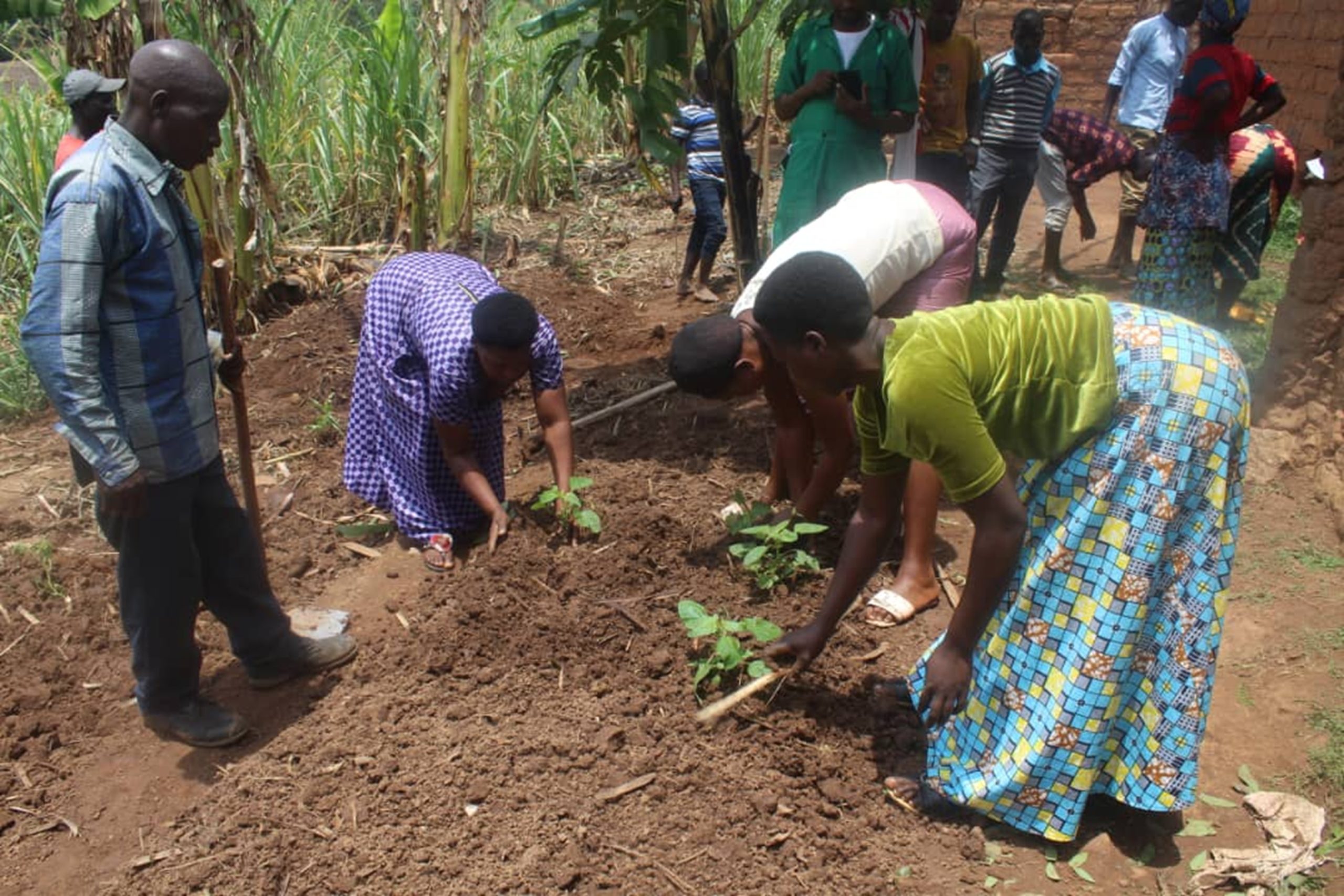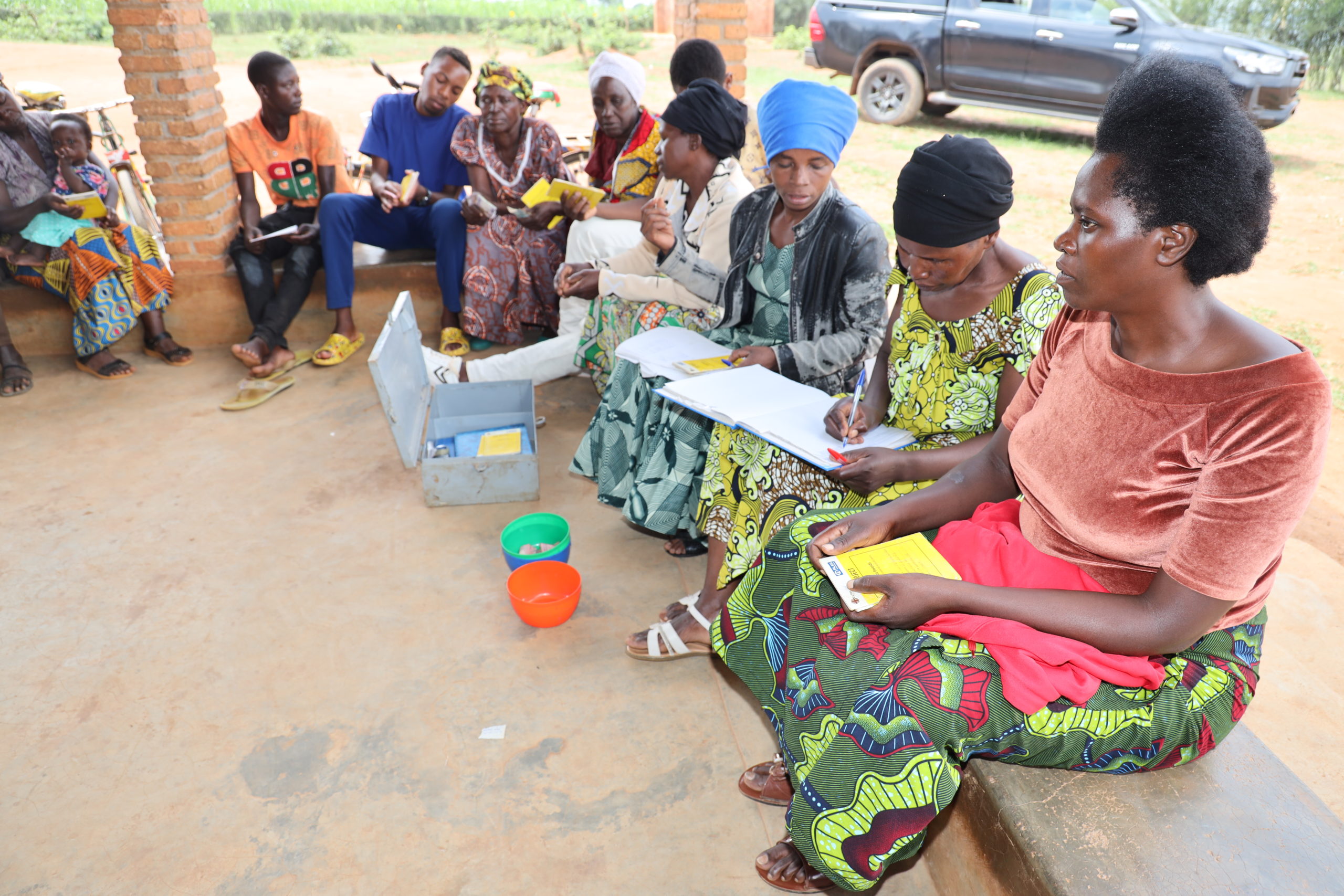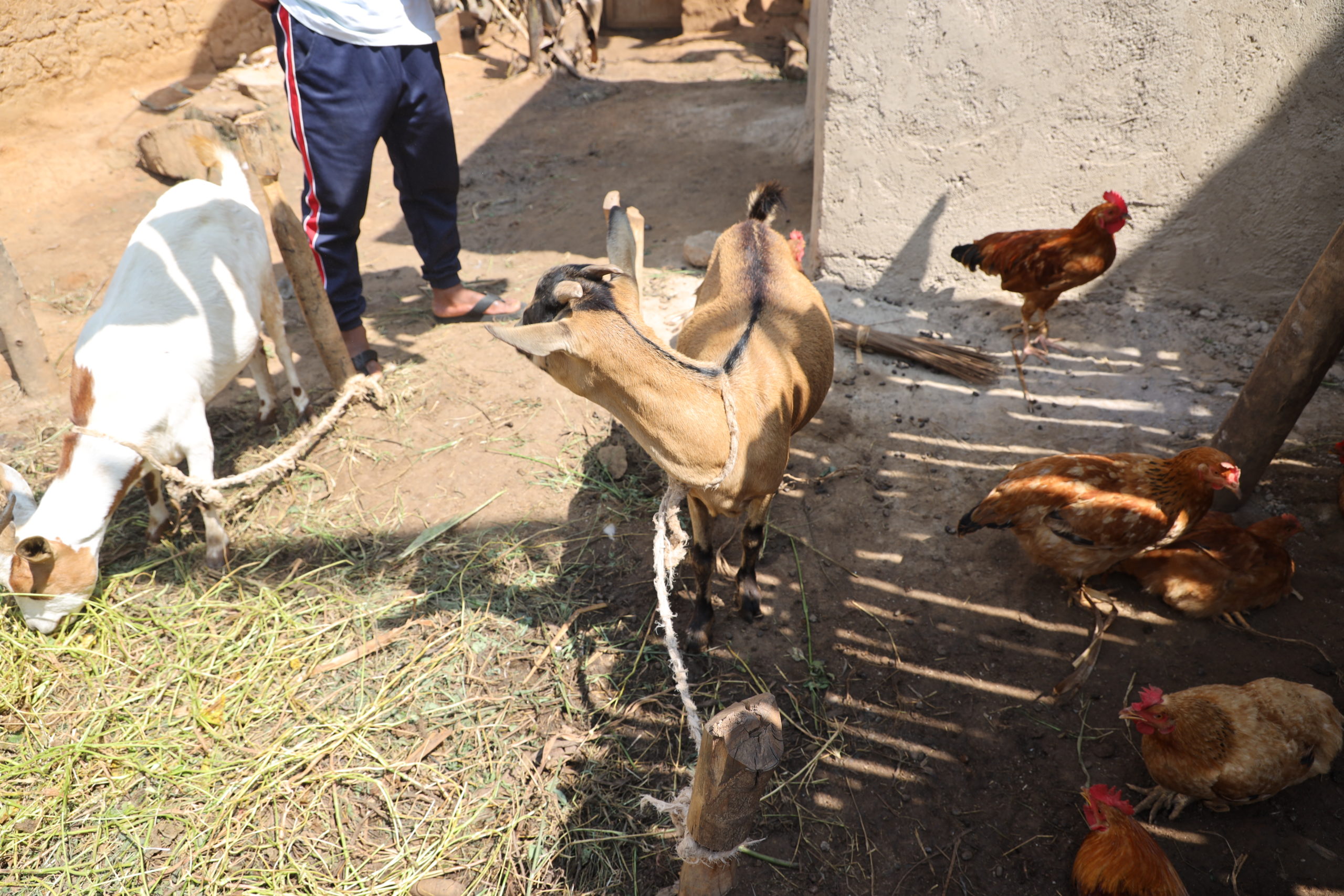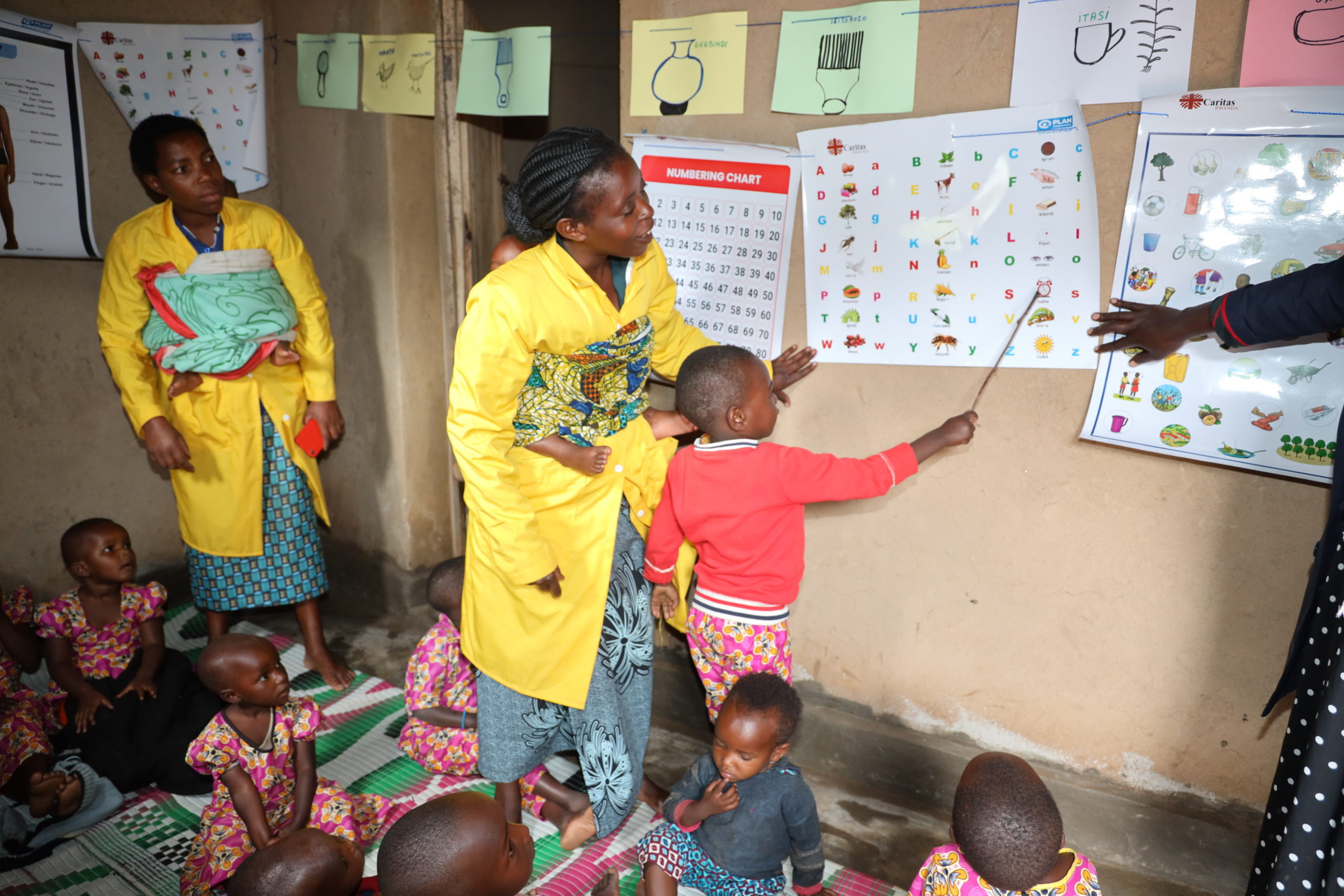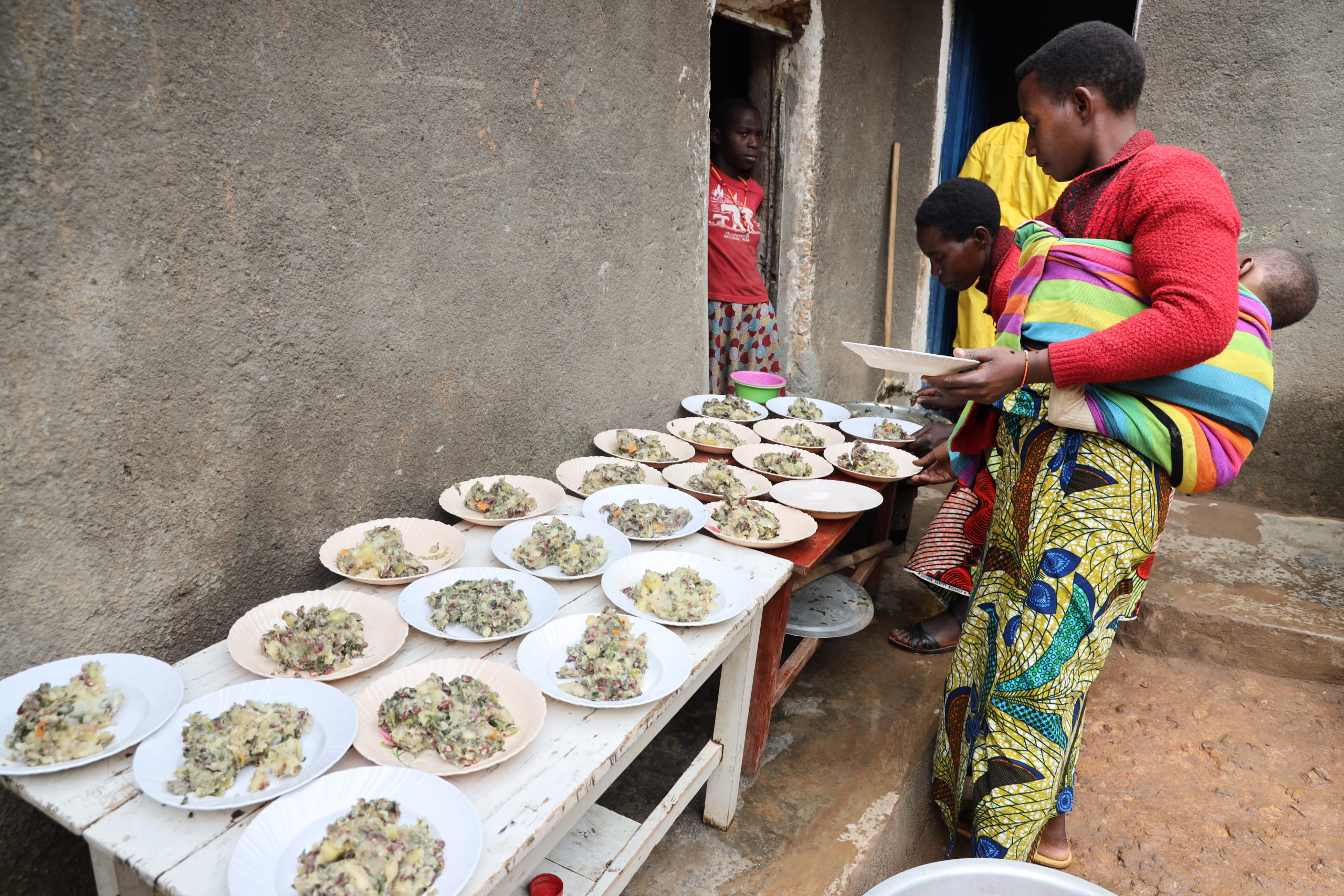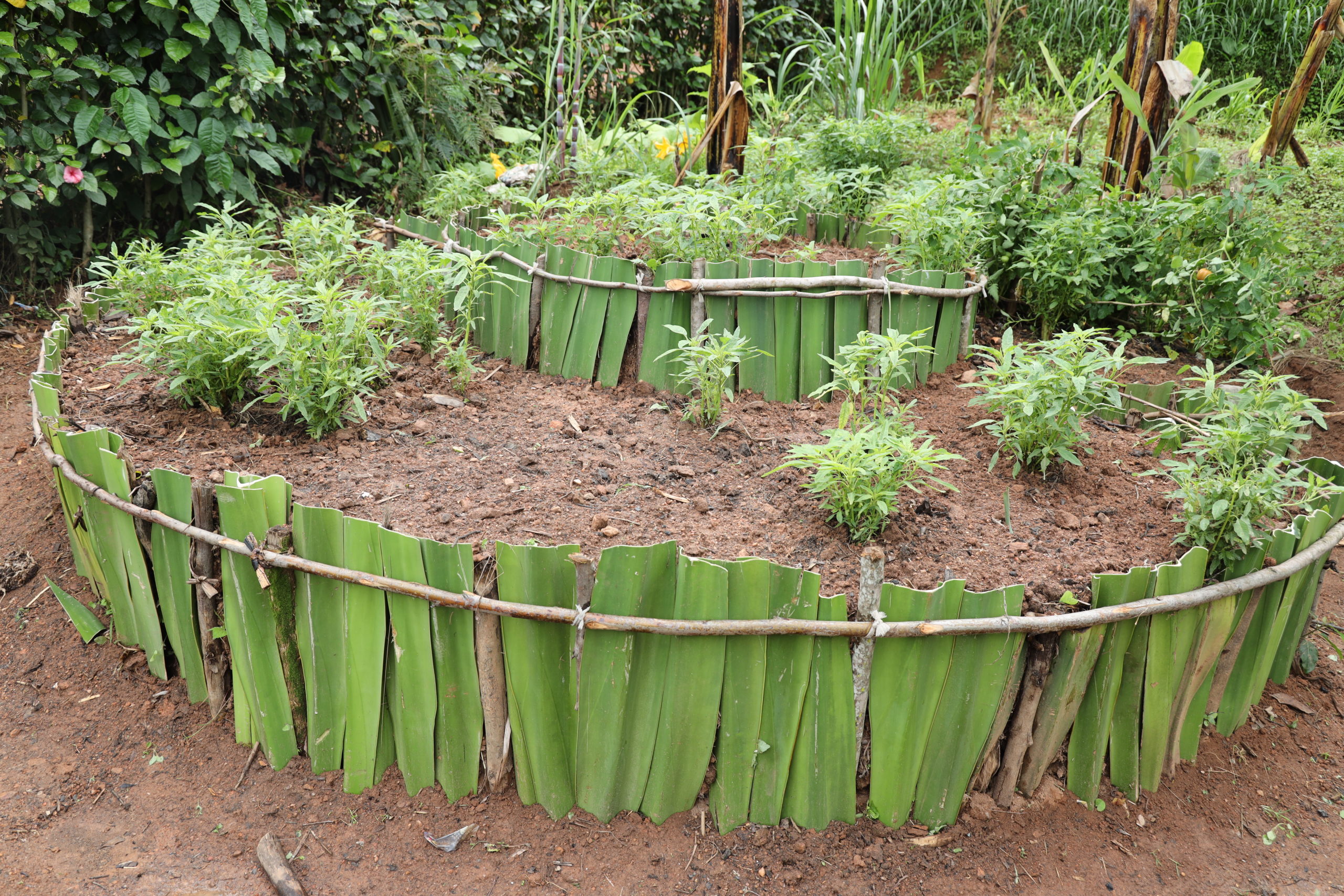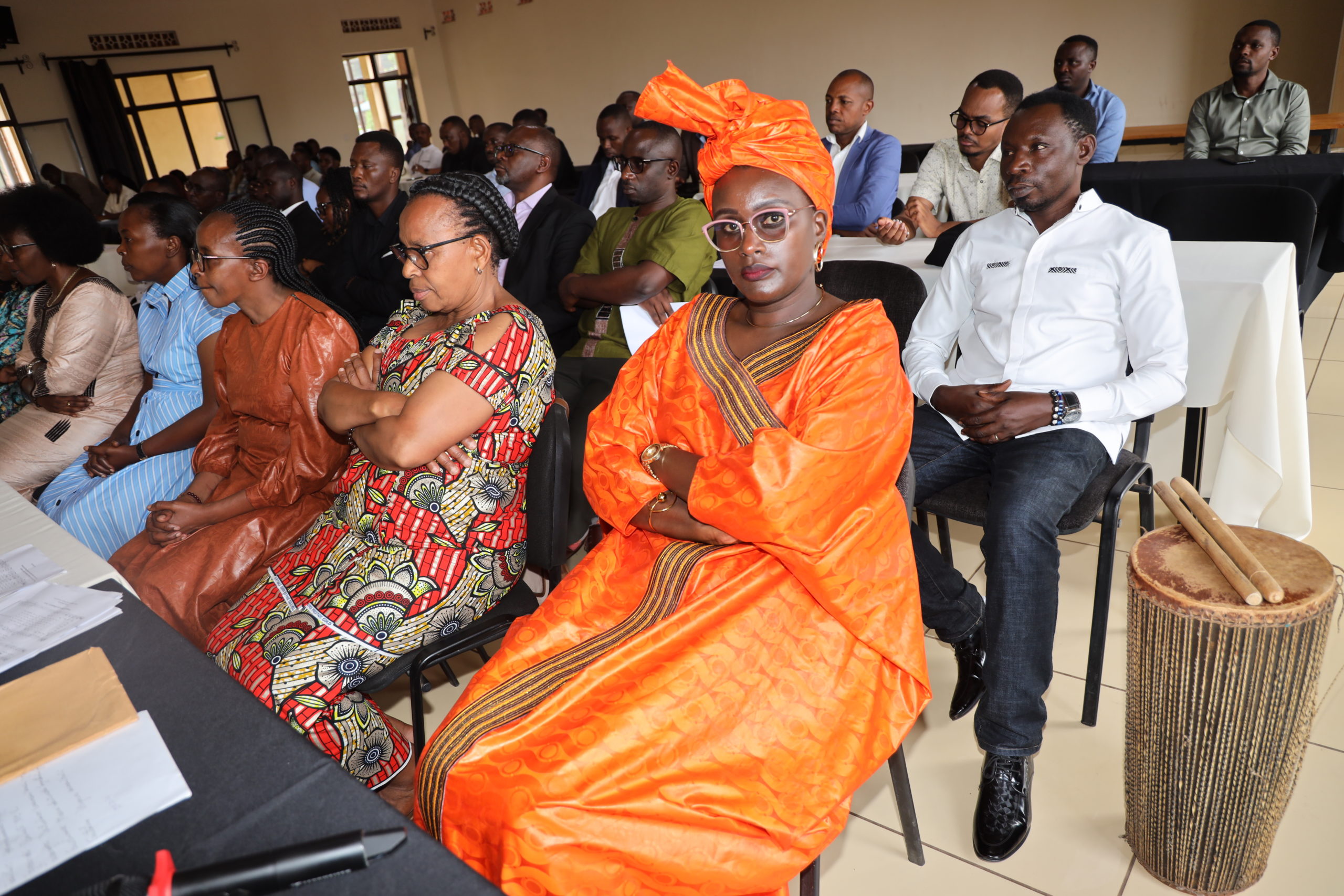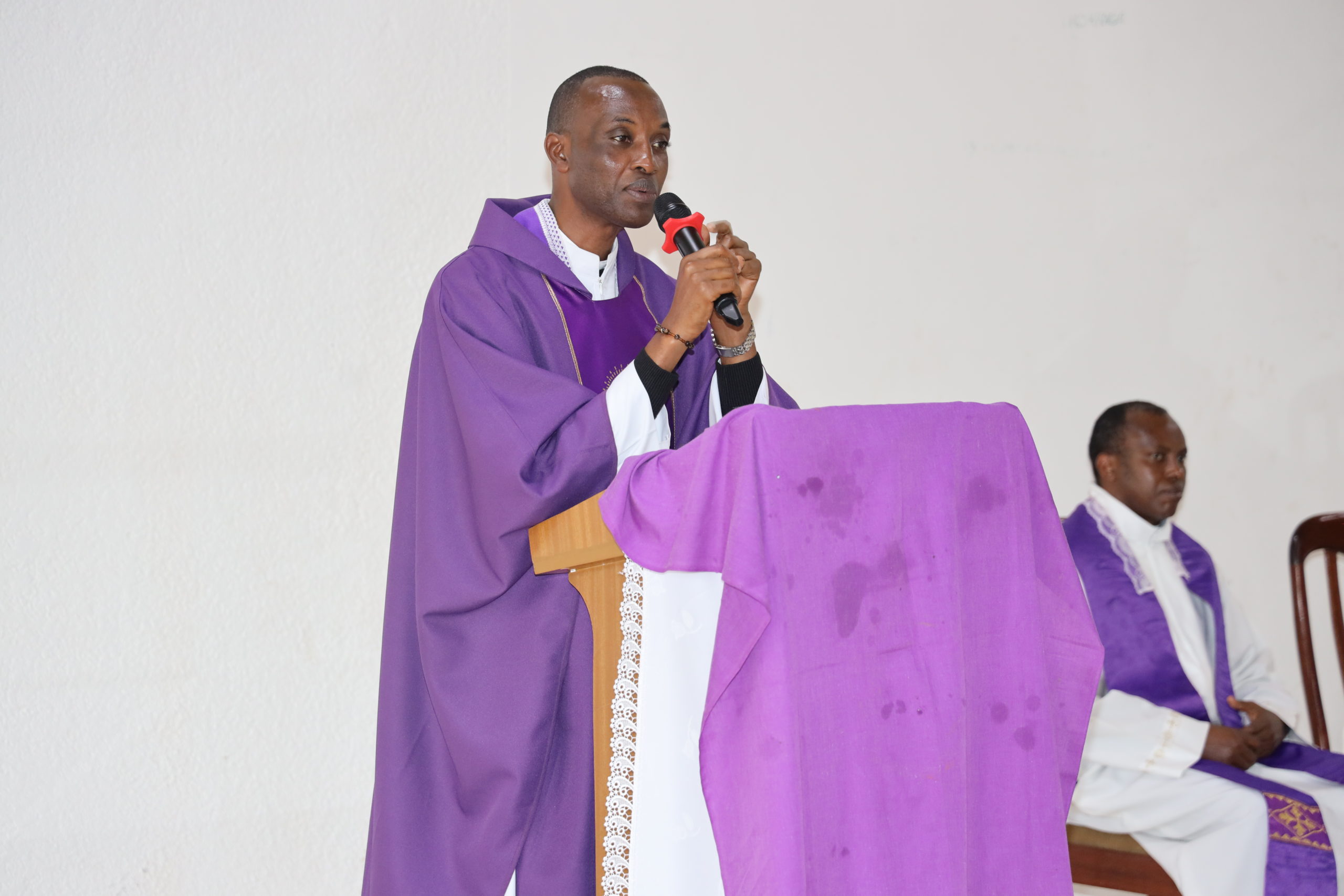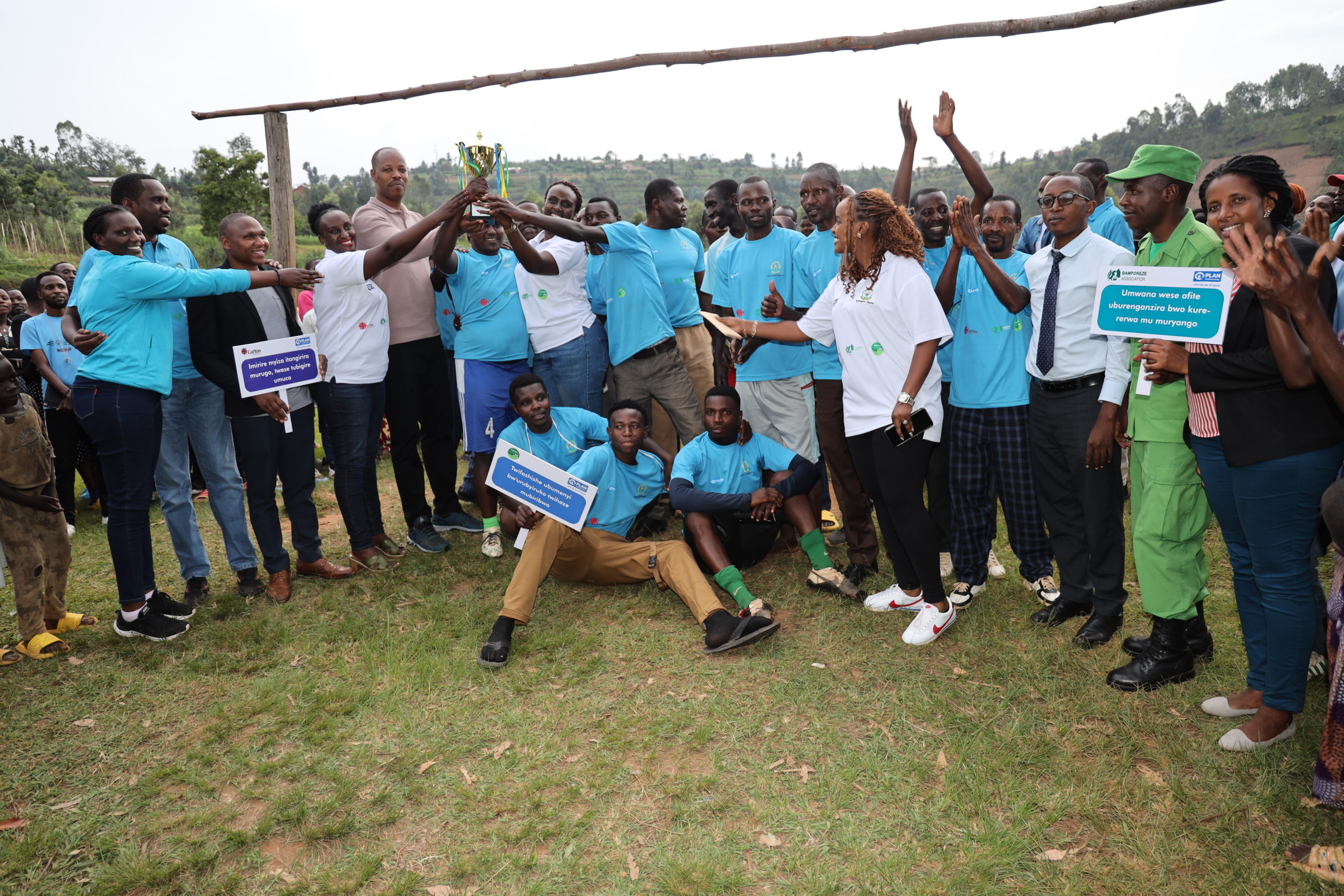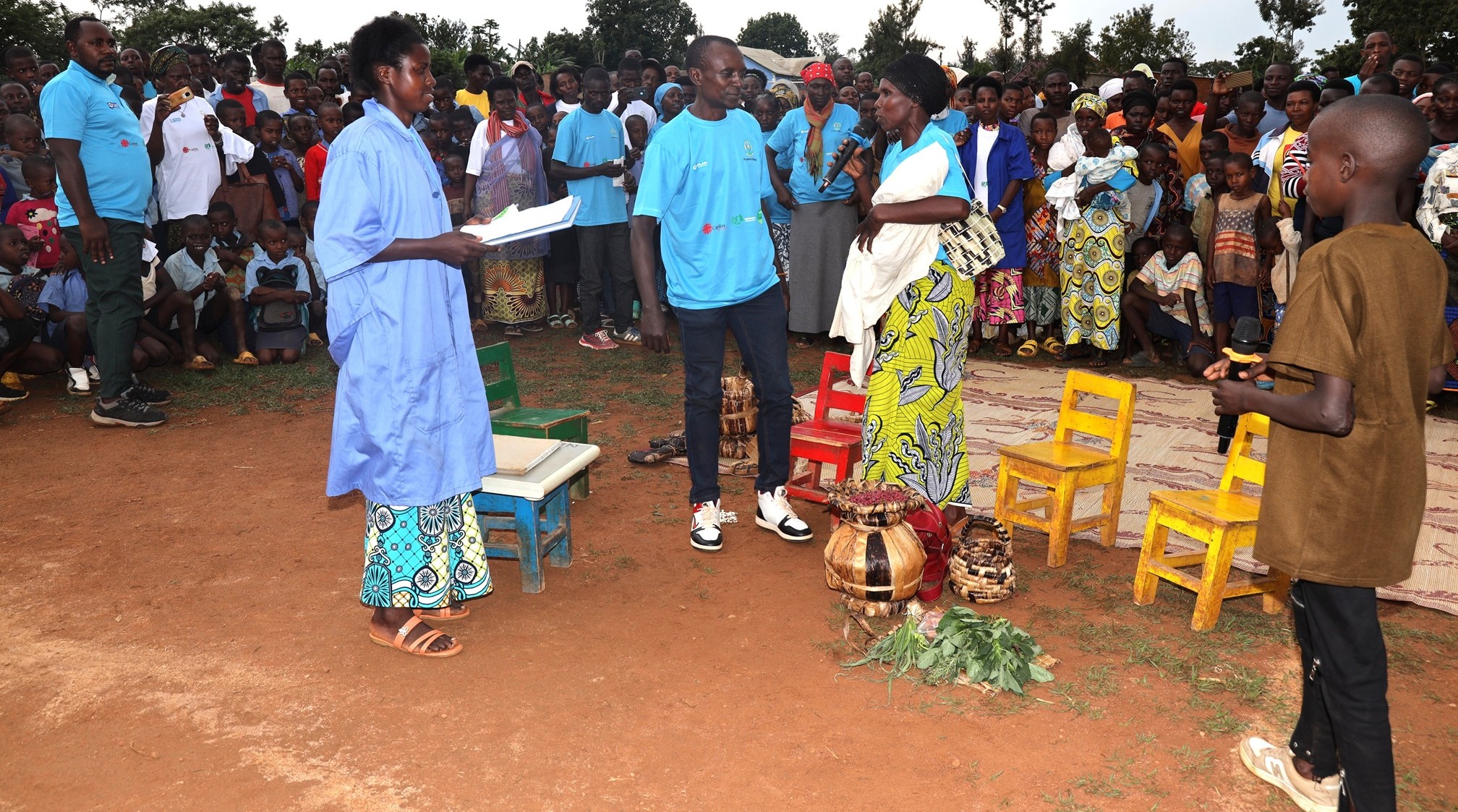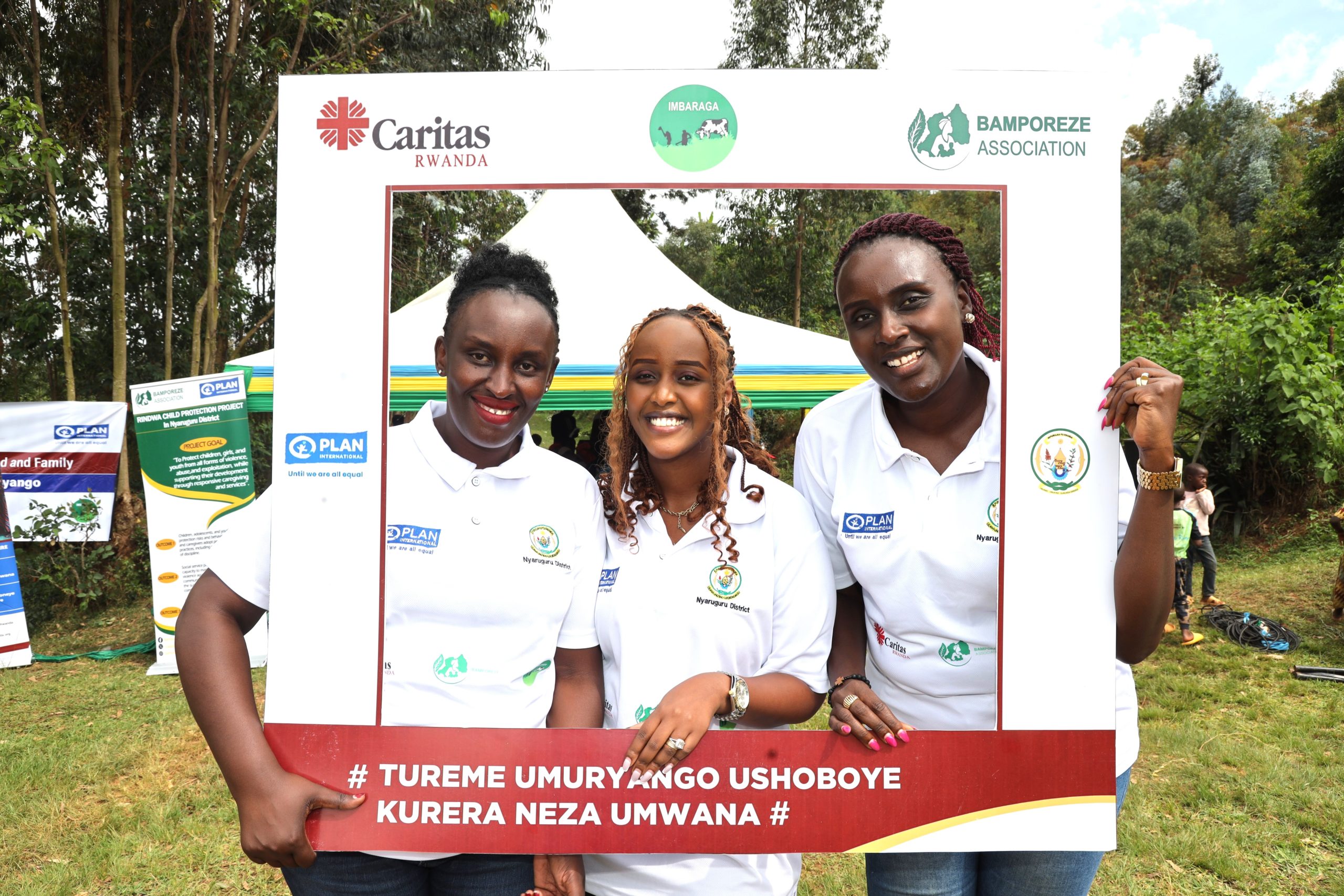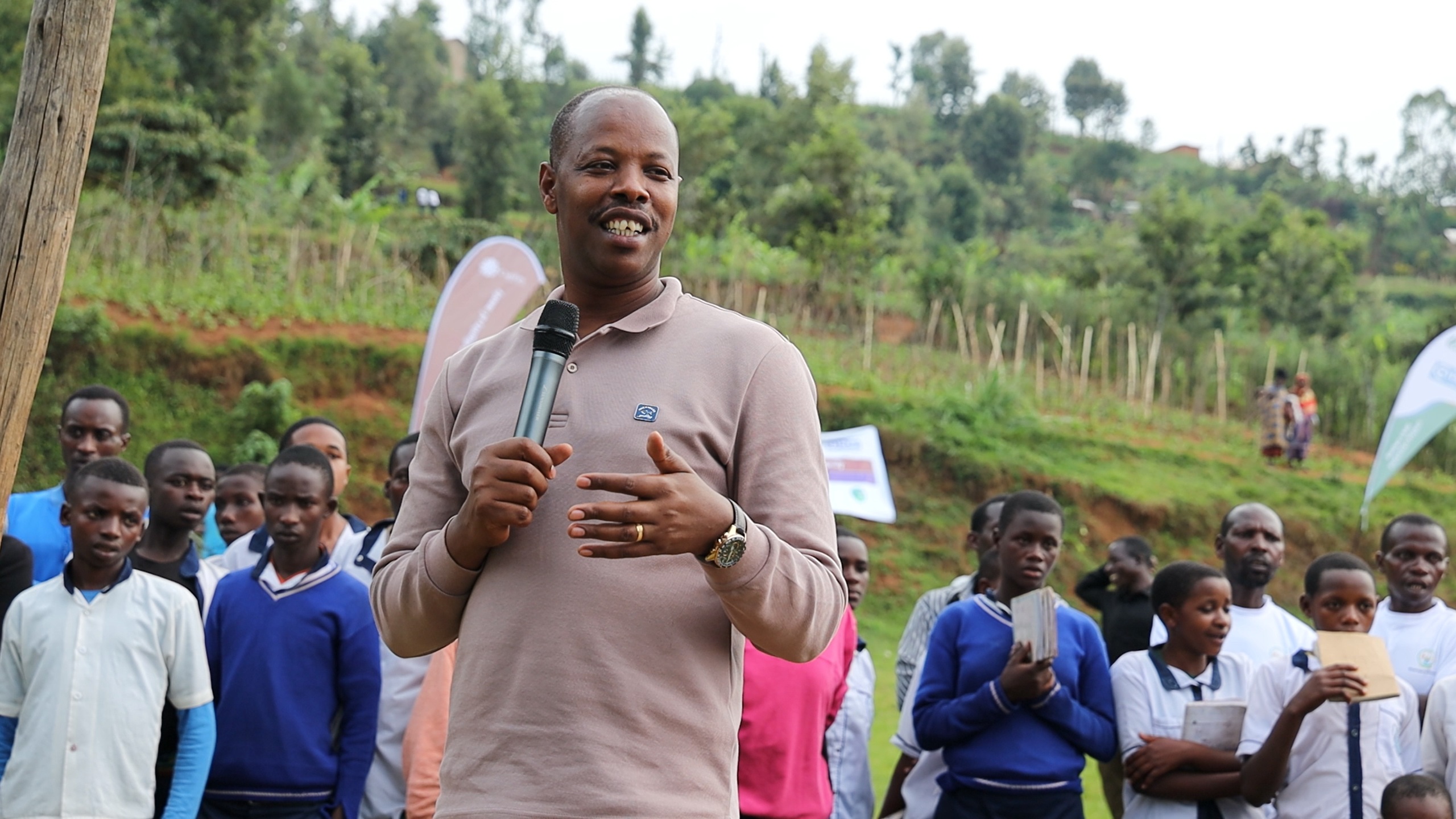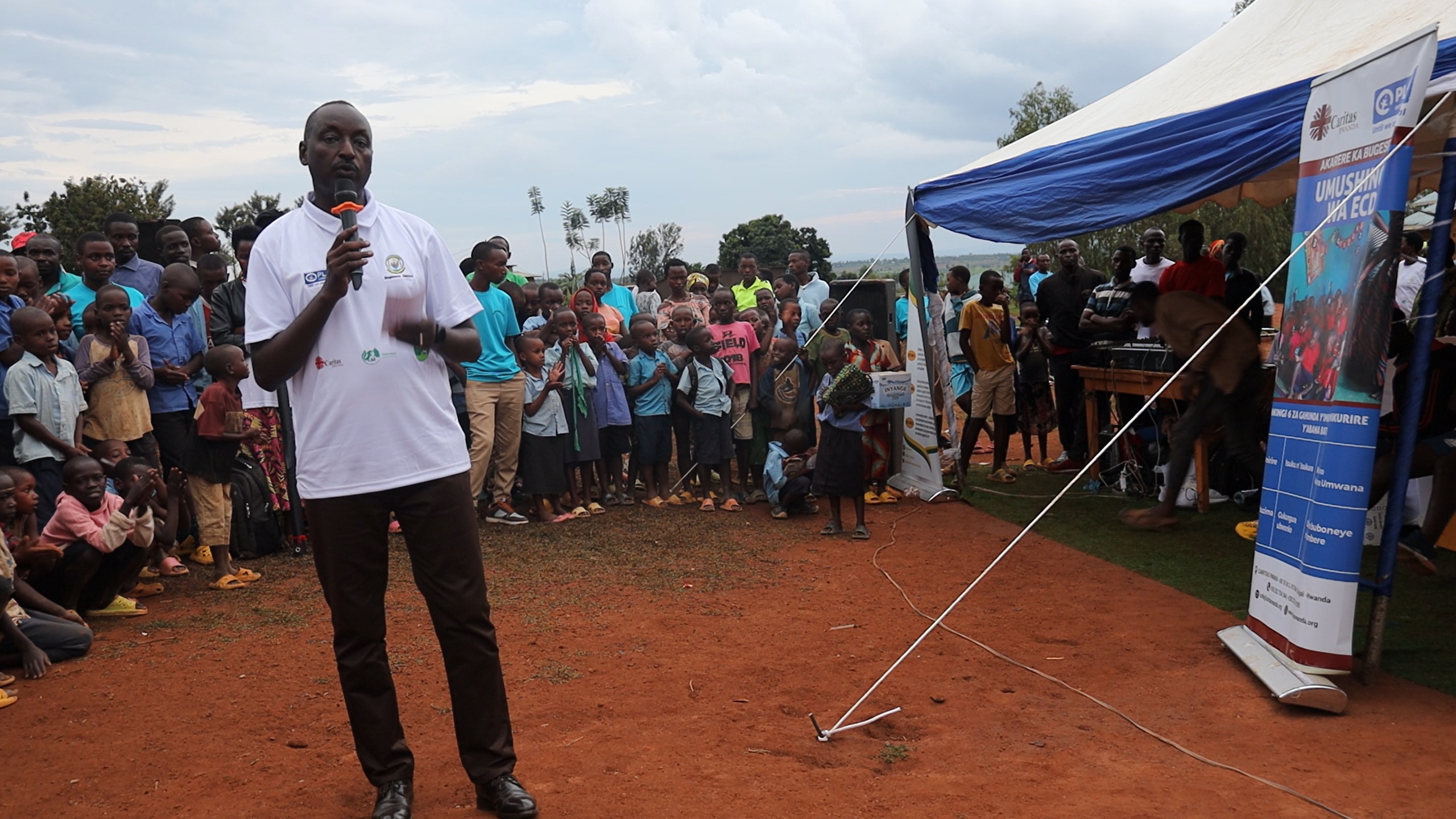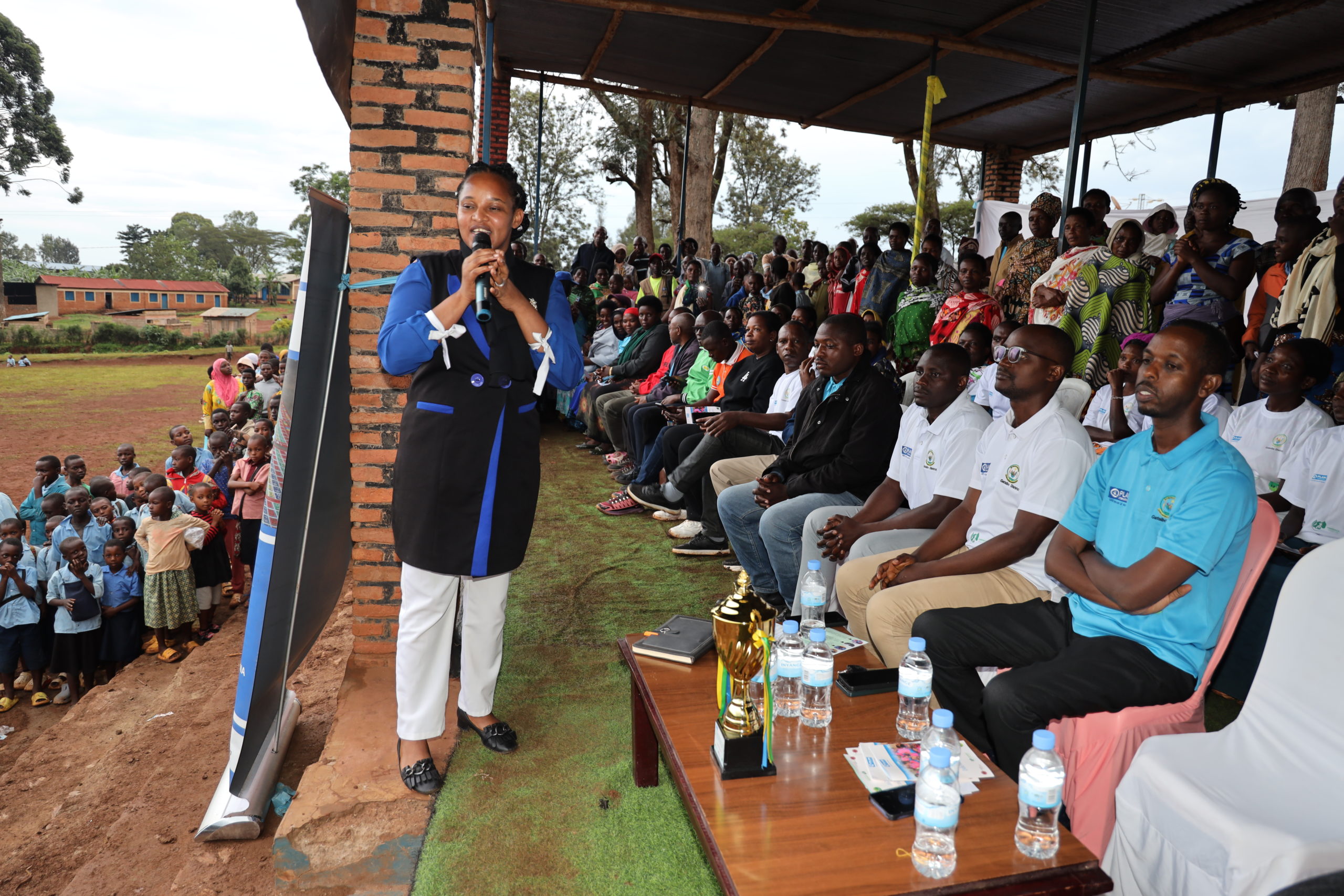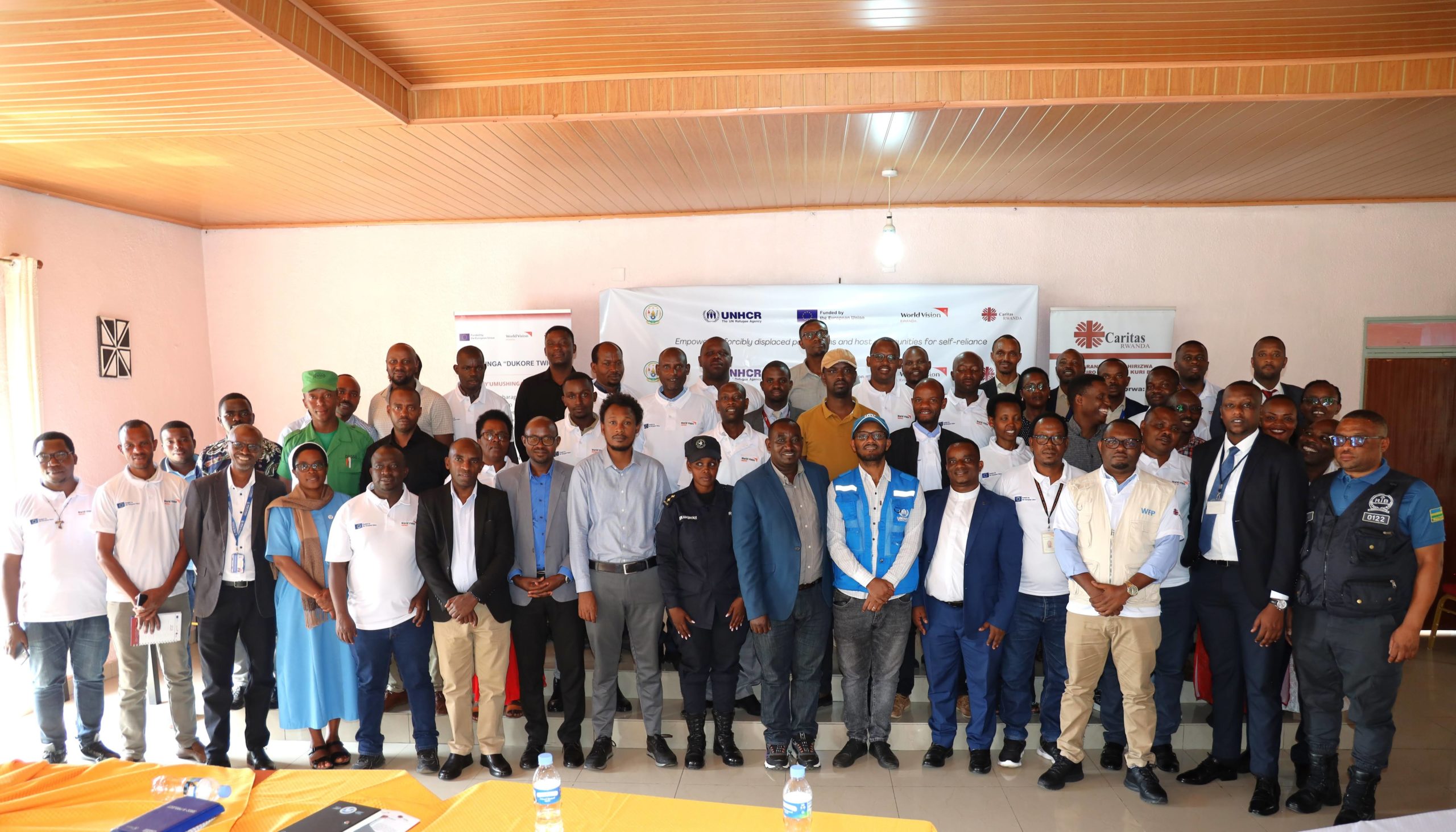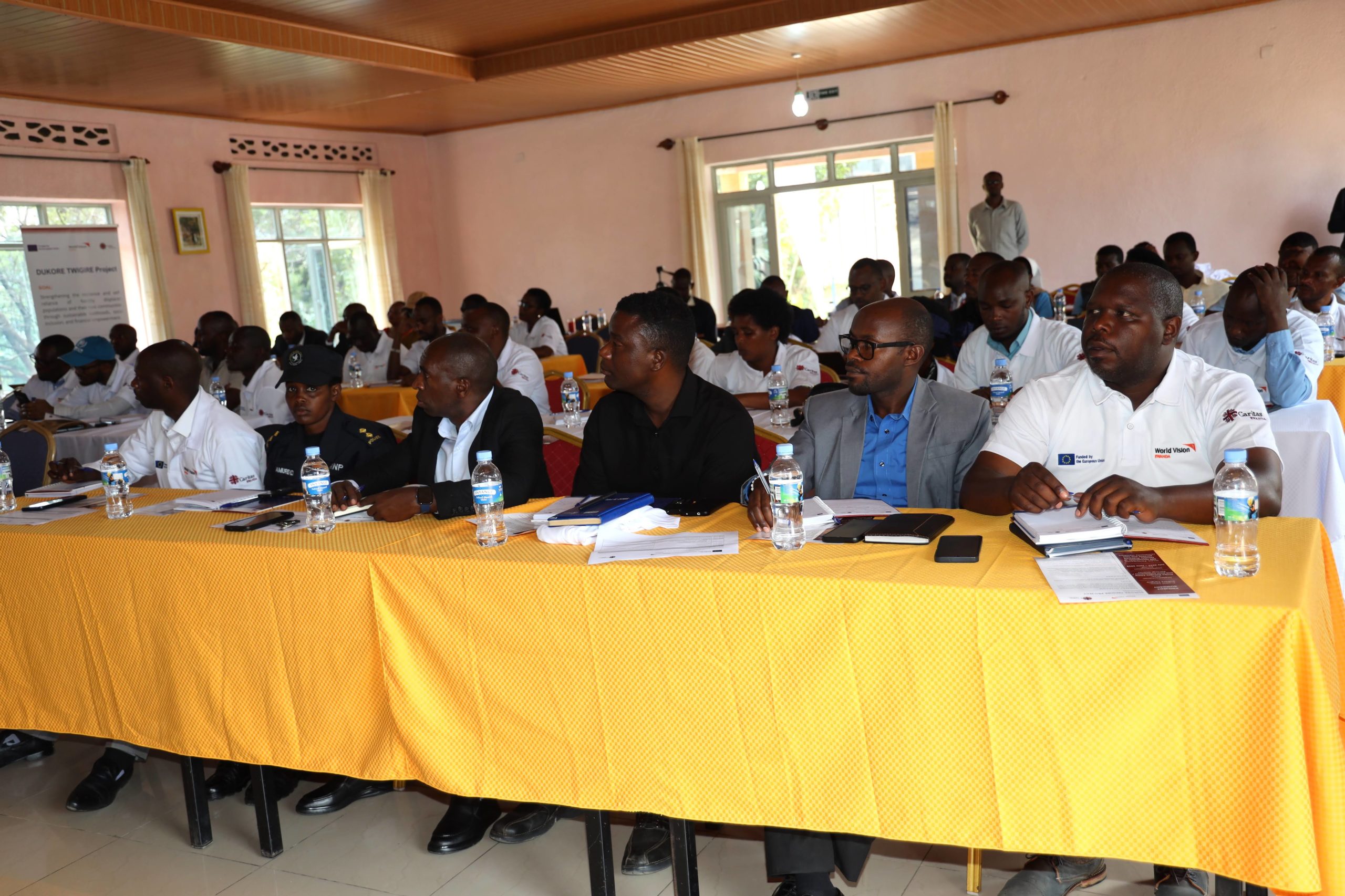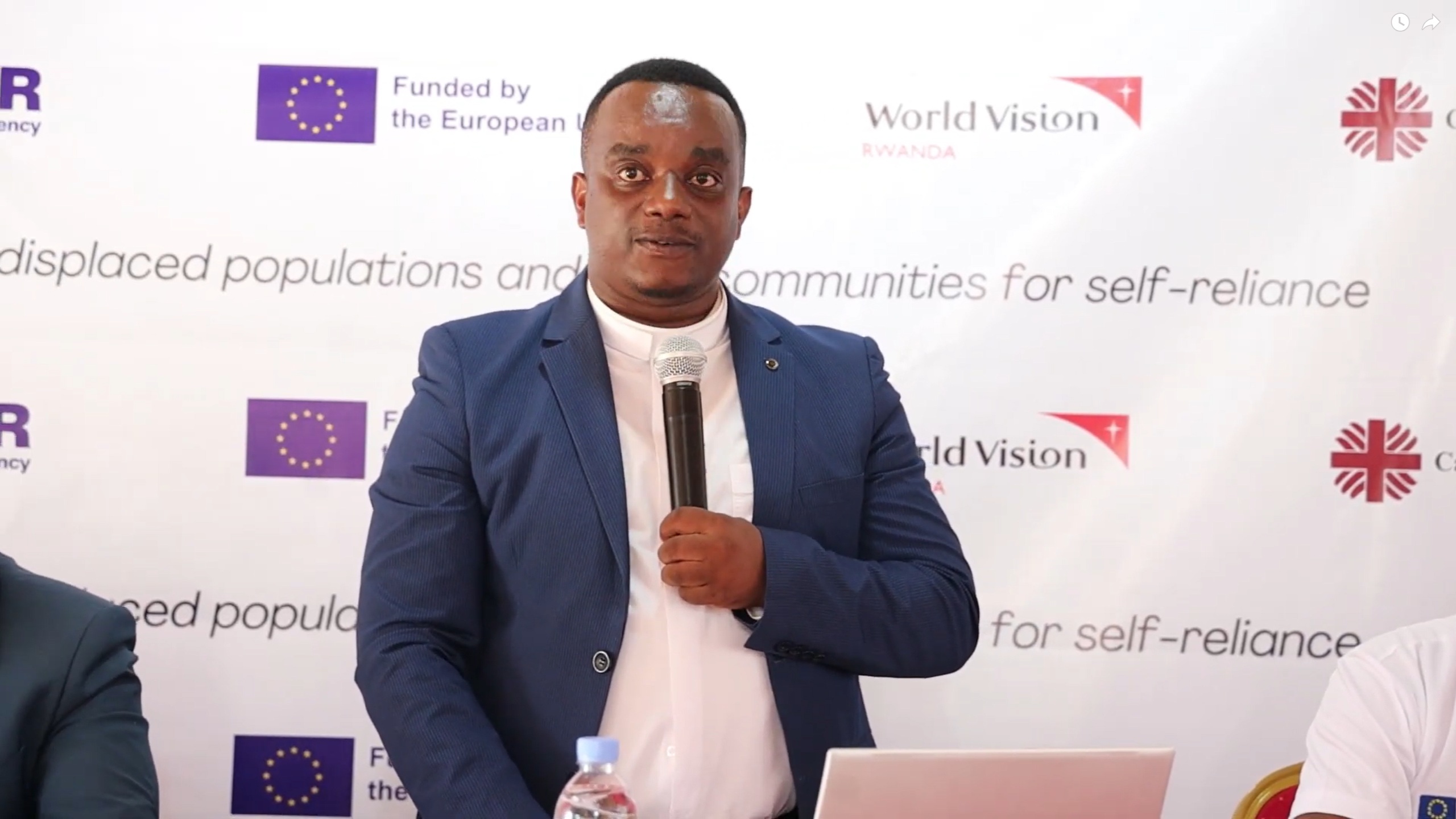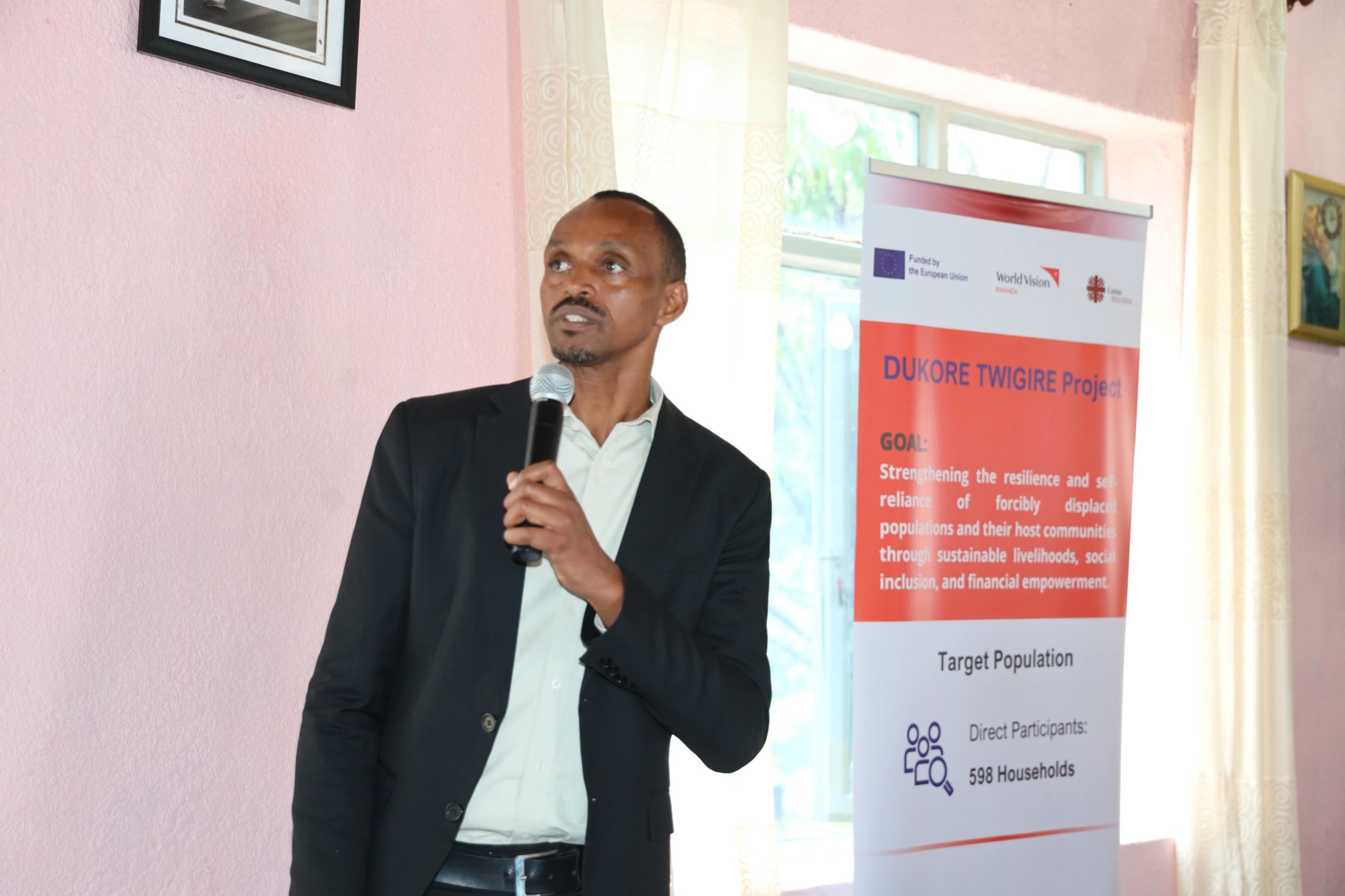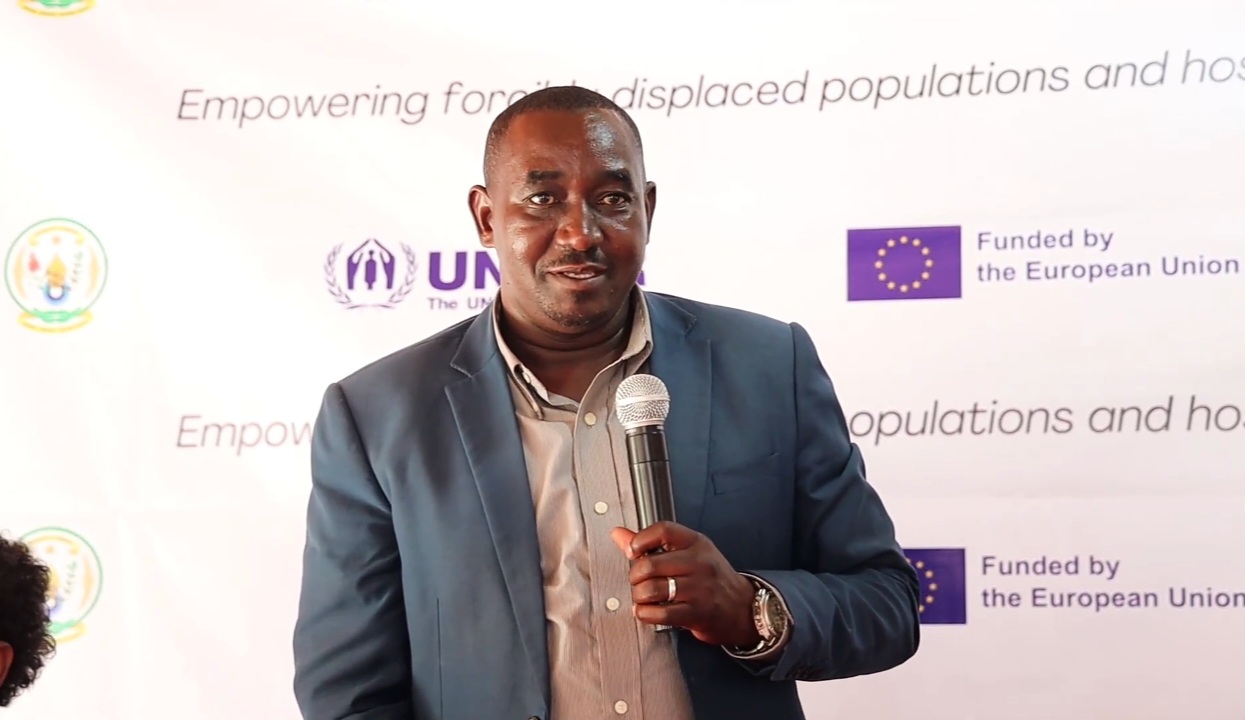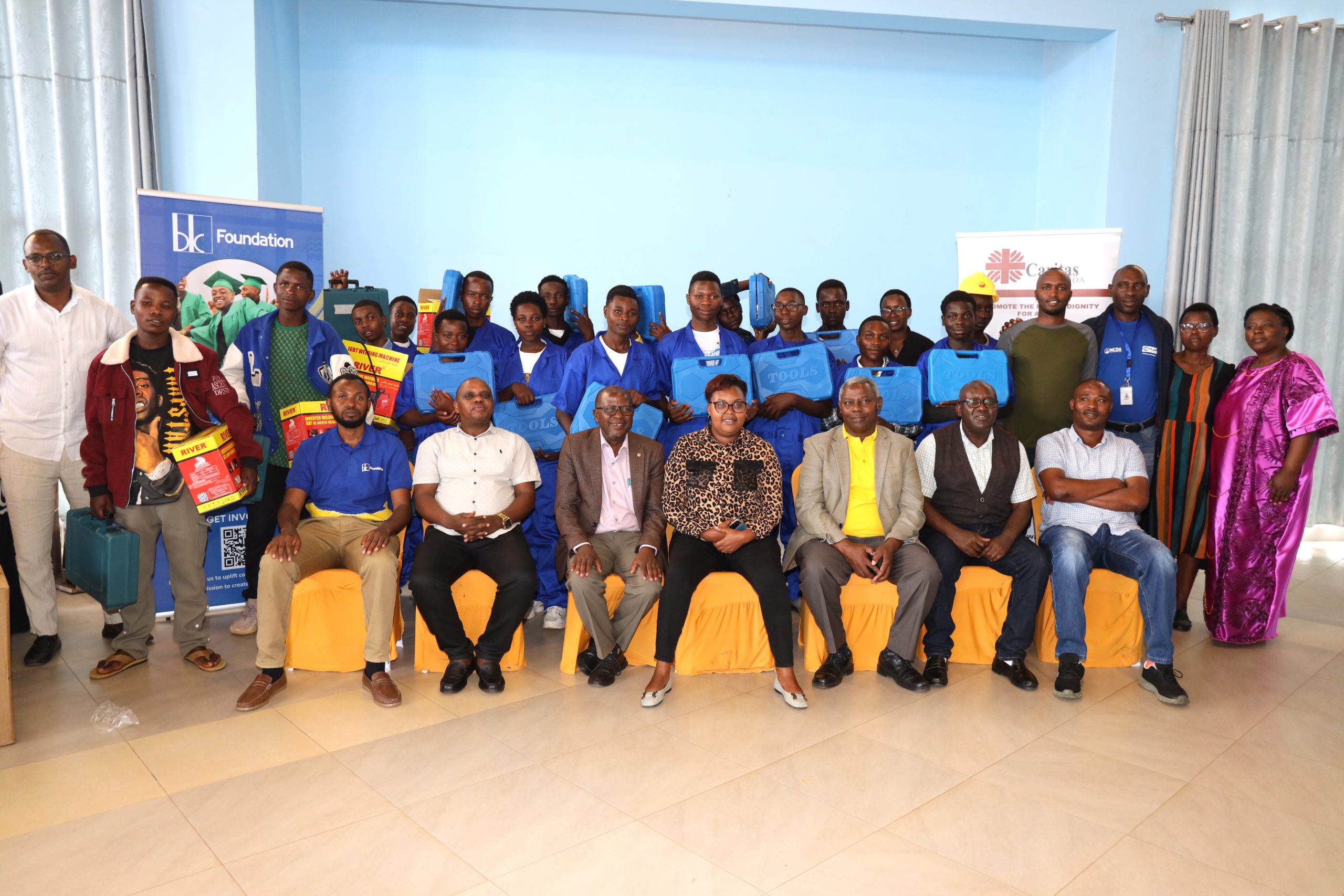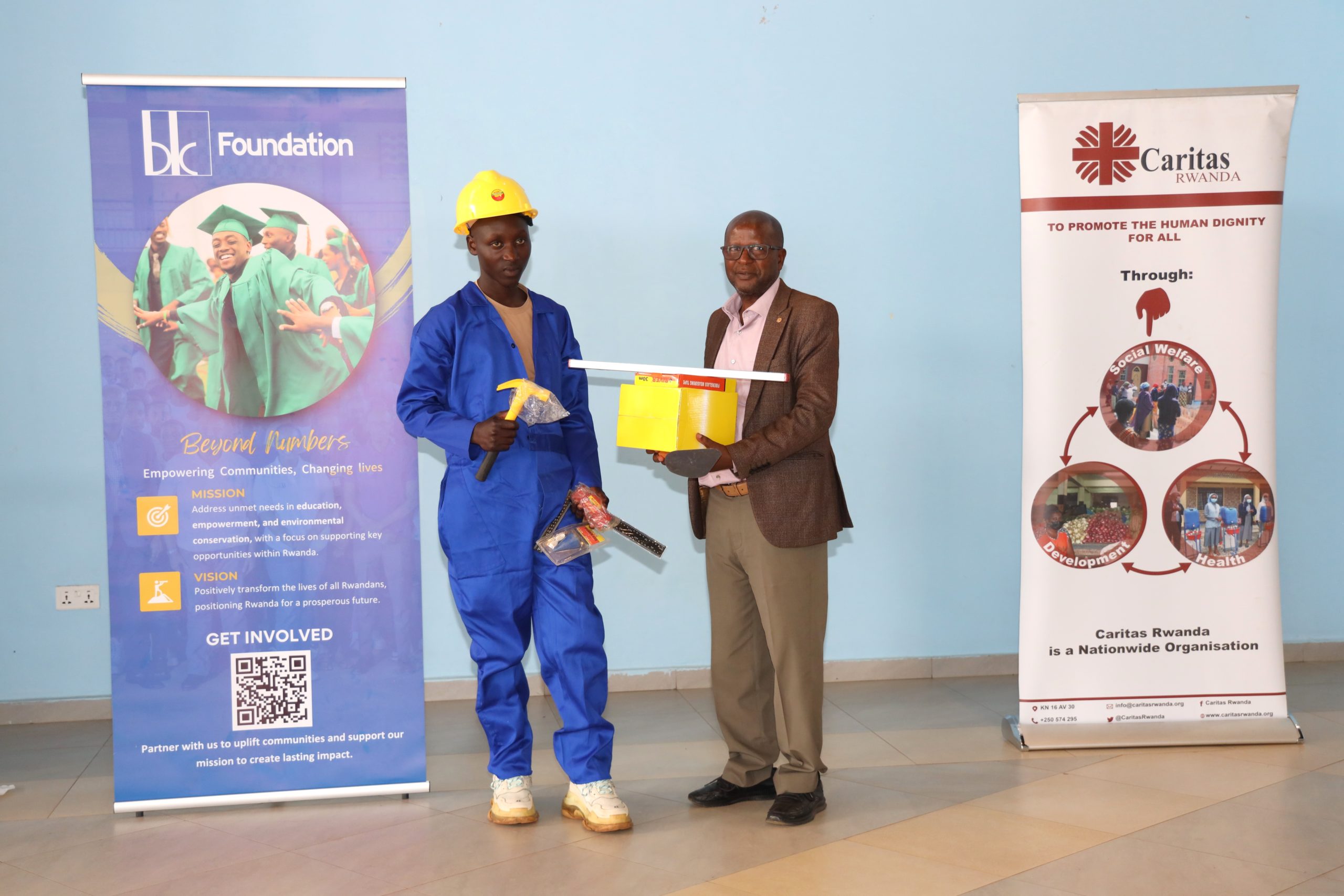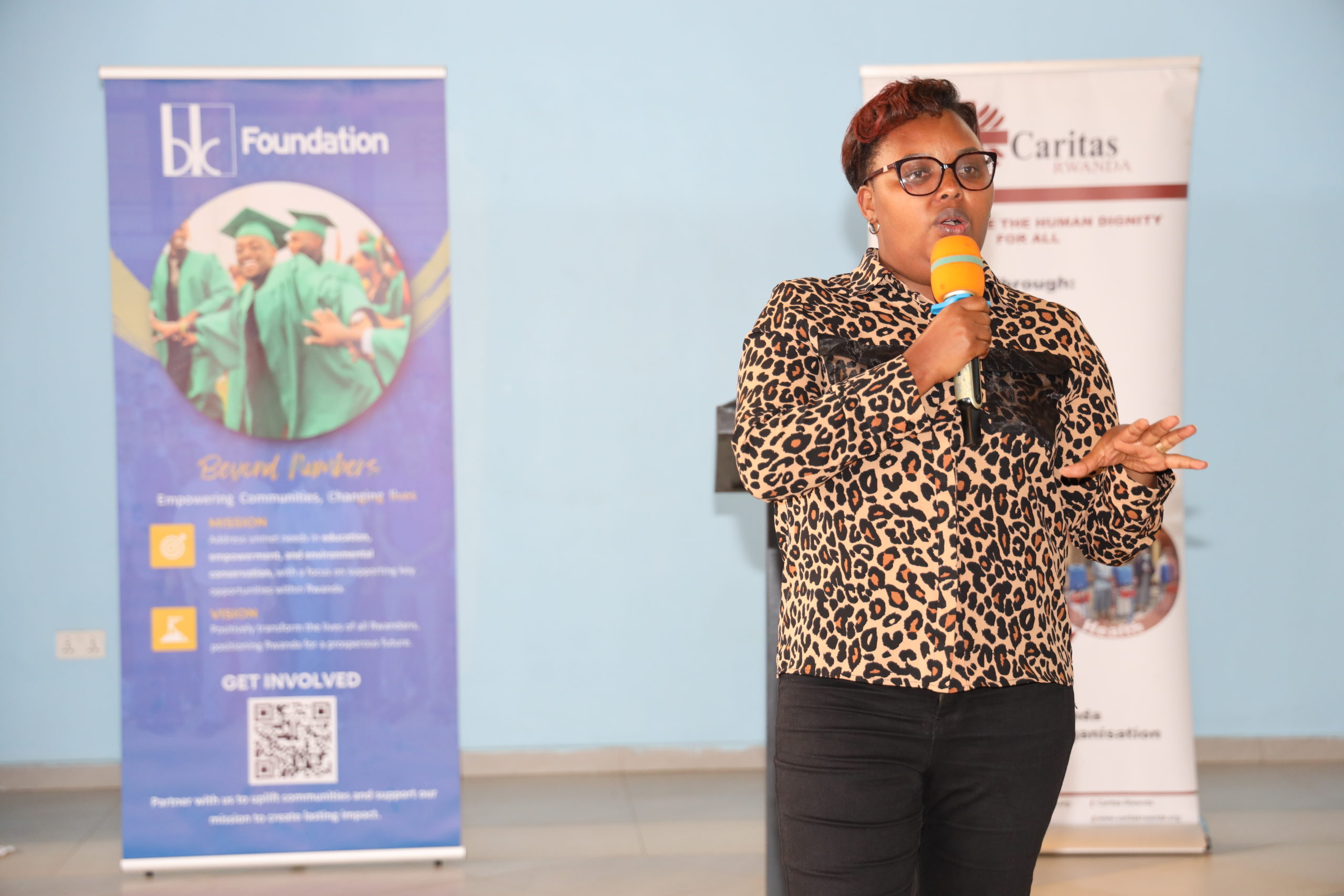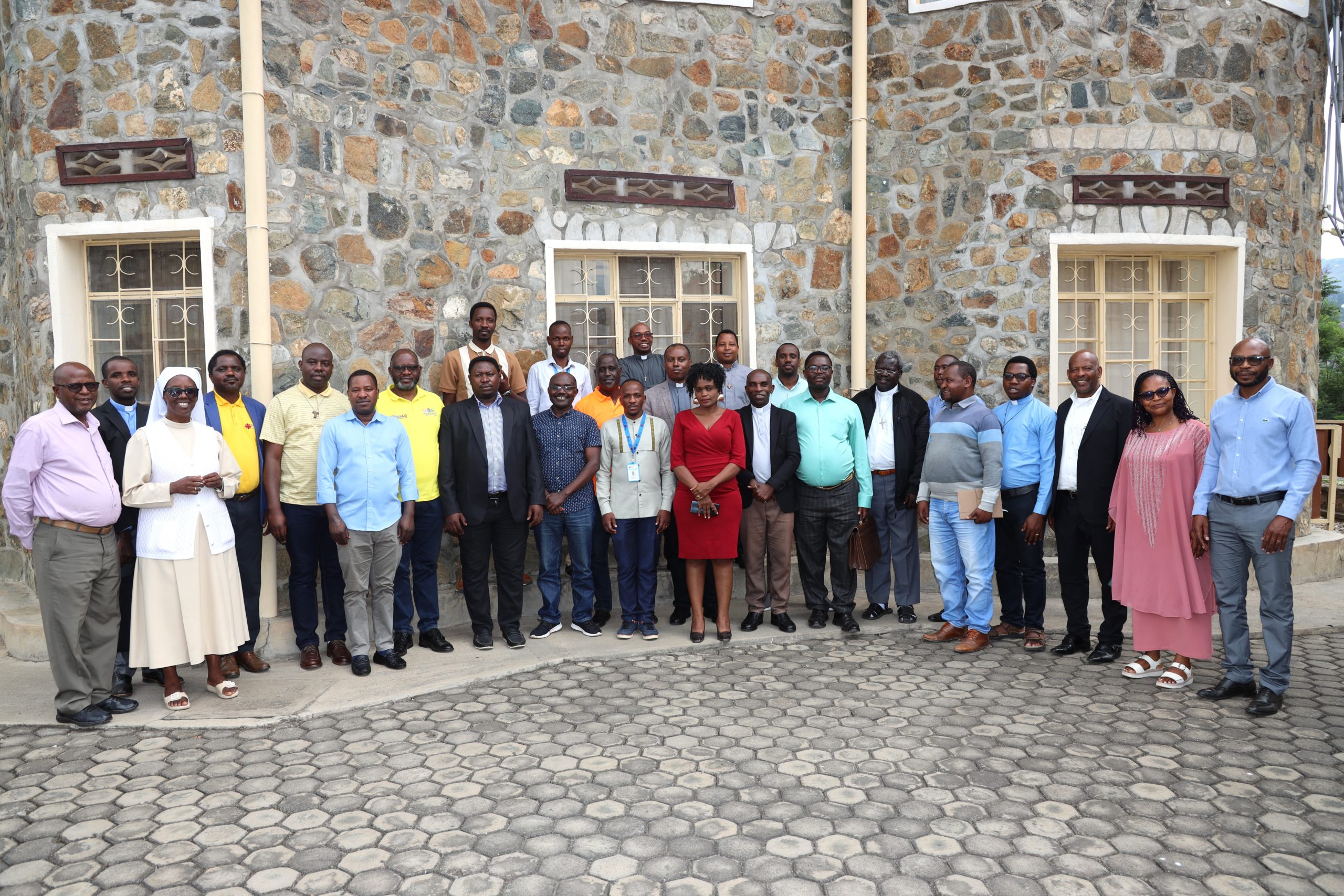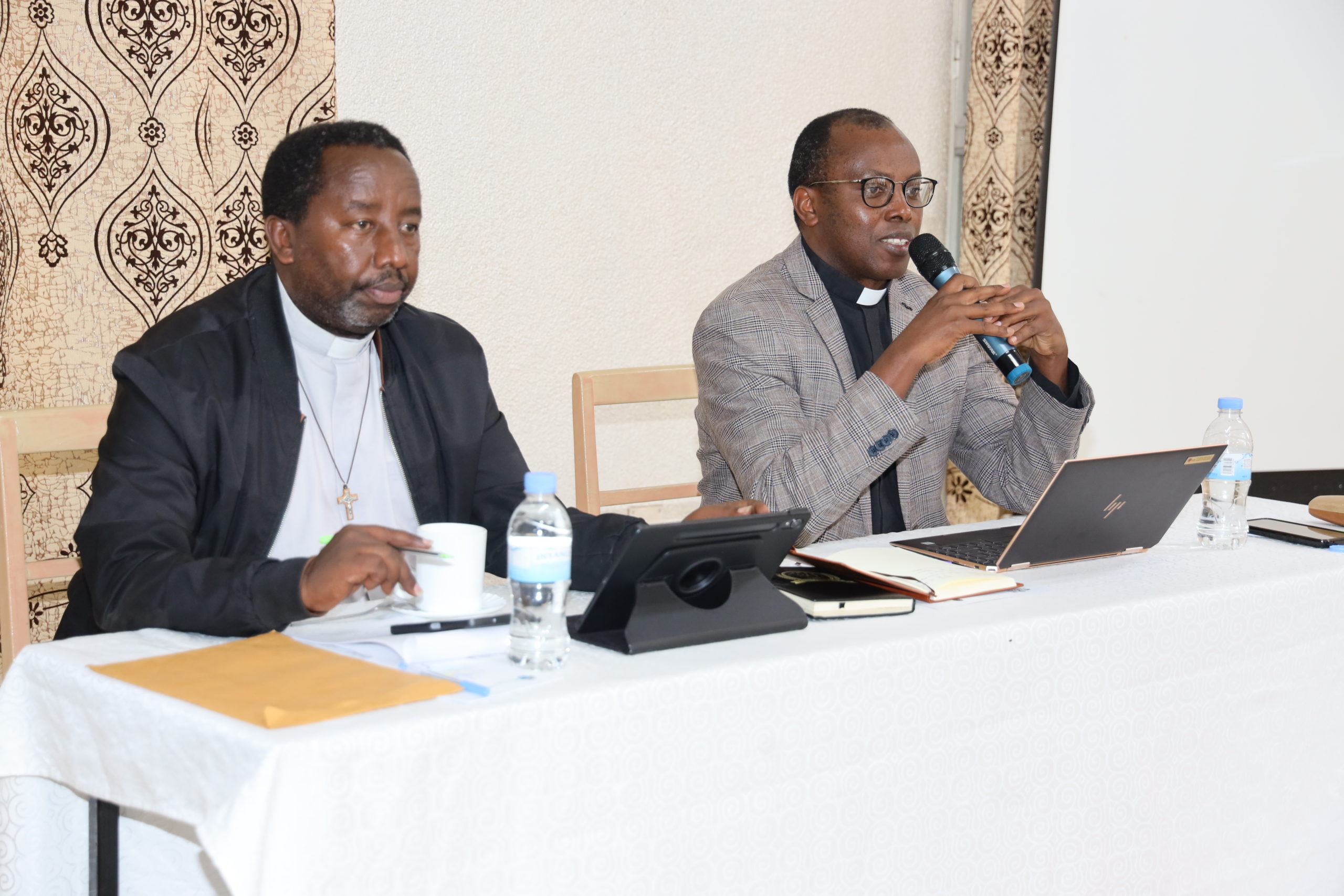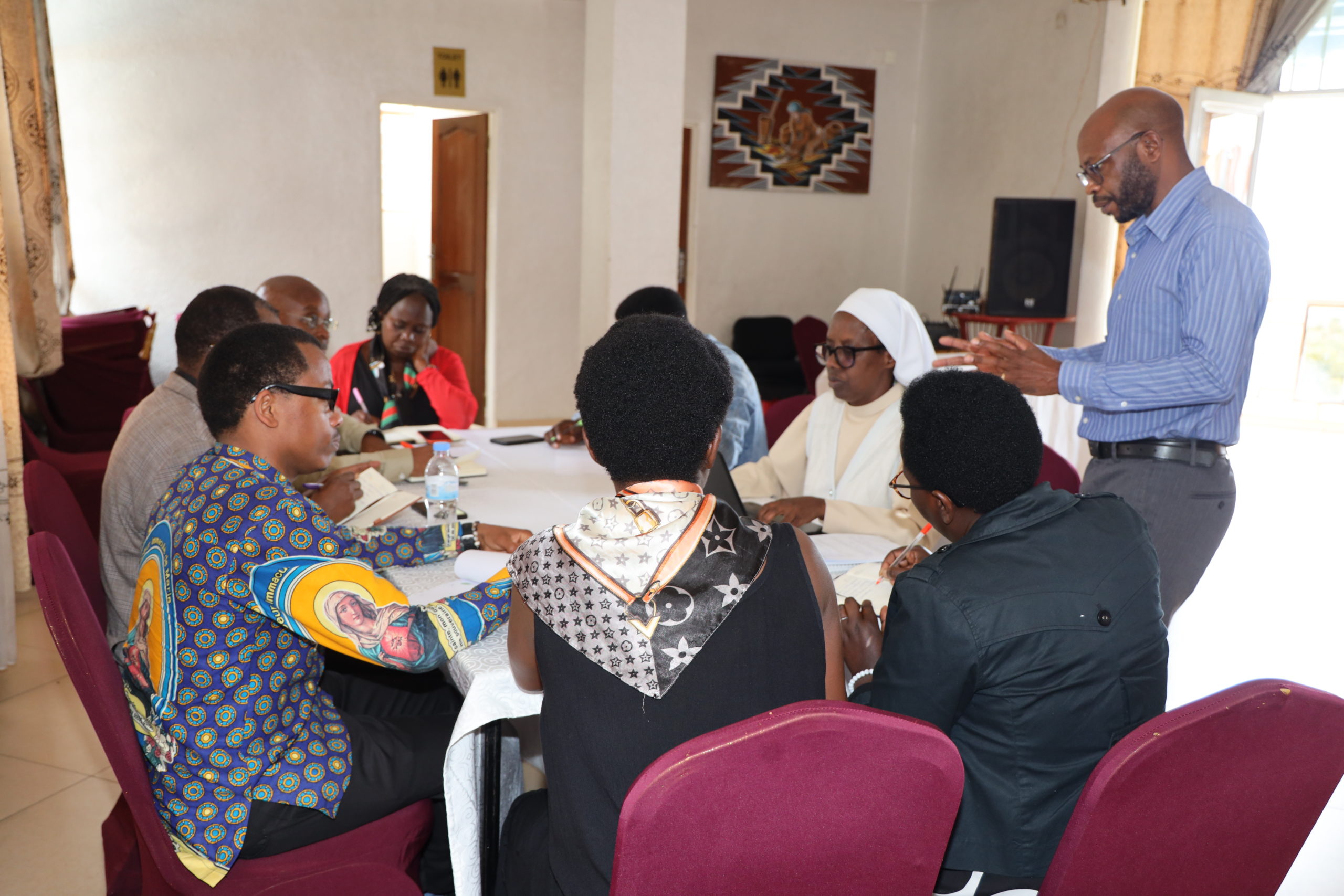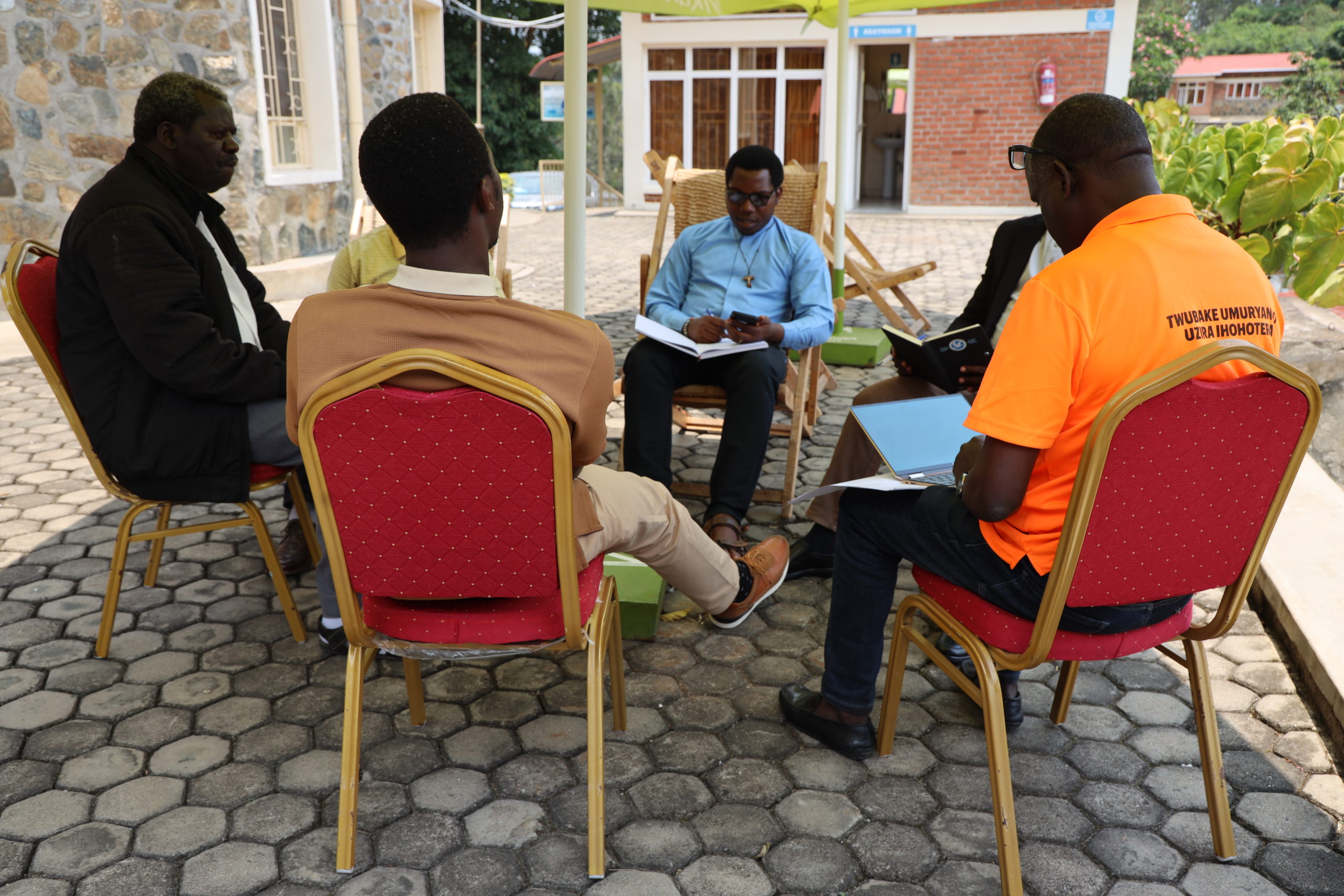On 16th August 2023, Caritas Rwanda conducted a field visit to its Gikuriro Kuri Bose Program (GKB) and RRF Project activities in Burera District. The delegation met the district leaders and the populations affected by the 2nd-3rd May 2023 flooding who were assisted by the RRF Project and visited one of the ECDs supported by Gikuriro Kuri Bose.
The activities of GKB Program, implemented by Caritas Rwanda and funded by USAID, include the fight against acute malnutrition. As it was said in the meeting between Caritas Rwanda delegation and Burera District leaders held on 16th August 2023, GKB Program is handling the problem of acute malnutrition among under five children in Burera District. As for the 2019-2020 Rwanda Demographic and Health Survey, 41% of children under 5 suffer from acute malnourished in Burera.
Mwanangu Theophile, the Vice Mayor of Burera District, in charge of social affairs, said that Caritas Rwanda is a good partner, because their activities are successful. “GKB came at the time we needed interventions in nutrition because we had a problem of acute malnutrition among children under five. For example, they have brought an unusual new idea to build ECDs with the Chef Village office to supervise it”, says the Vice Mayor. He added that GKB has helped in establishing and maintaining the Village Nutrition School (VNS), and setting up parent’s committees to fight against acute malnutrition. He expressed his wish to see these VNS established in all the villages of the Burera District.
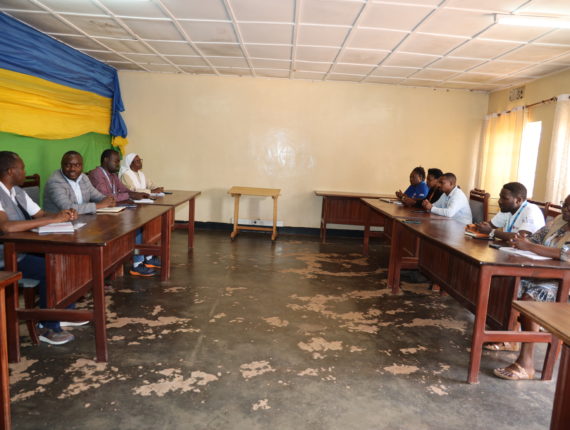
Father Oscar Kagimbura, the General Secretary of Caritas Rwanda expressed his gratitude for the collaboration between Burera District and Caritas Rwanda’s staff in implementing its projects. “Joint efforts produce tangible results”, he said.
After meeting with the Burera District leaders, Caritas Rwanda’s team led by the Secretary General Father Oscar Kagimbura visited a Nurturing Care Hub located in Gatovu Village Rugari Cell, in Rwerere Sector. Father Oscar asked the parents who were present to continue taking care of this outstanding work they have started, by supporting the caregivers so that they don’t get discouraged. “If you continue like this, this nurturing care hub will grow even more and there will be other development projects in the surrounding areas”, he said.
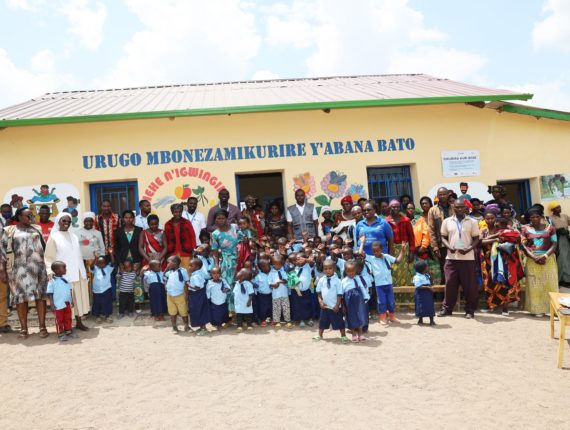
The Caritas Rwanda team also visited the populations affected by the May 2023 flooding, who received assistance from the Caritas Rwanda RRF Project. They testified on how the support they received helped them to recover, getting food, clothes, essential household items and some of them even bought small animals that will help them develop economically and get manure. Twizerimana Marcelline, one of them, said: “We thank Caritas Rwanda and others who supported us during these hard moments. Today we are happy, now we are no longer suffering from hungry, we have clothes, we have bought things to recover. May God bless them”.
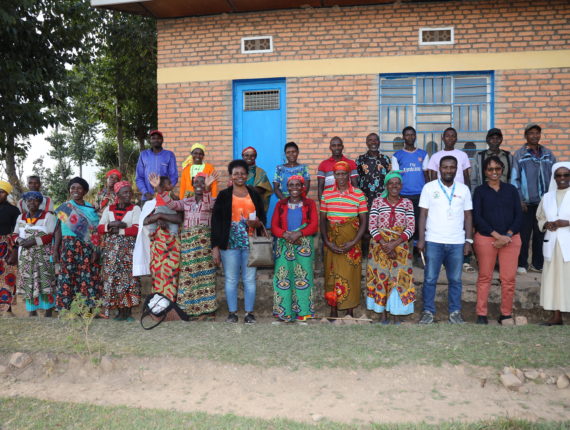
Blaise Turahirwa, in charge of disaster management in Burera District, reminded the beneficiaries that the cash grant they received was intended to help them rebuild, that they should not be still focus on the consequences of the May disasters, but look for ways to help them progress economically.
2,000 households from Rubavu, Rutsiro, Nyabihu Ngororero and Karongi districts were assisted by Caritas Rwanda through the RRF Project. In Burera District, there are 562 families. Each family received a cash grant of 92,000 Frw (for each district).

